At Indian Bin, we specialize in the efficient and responsible management of dry recyclable waste, ensuring maximum value recovery and long-term environmental benefit. Operating from Thiruvananthapuram, our platform serves both households and businesses through a clearly defined list of accepted materials. We strictly do not collect wet waste such as food, organic matter, or hazardous materials. Instead, we focus exclusively on recyclable categories that promote a circular economy and empower people to contribute to a more sustainable India. Whether you’re a home user or managing industrial waste, our system ensures convenience, transparency, and impact.
If you’re searching for “what waste is accepted by Indian Bin”, here’s a comprehensive list to guide you.
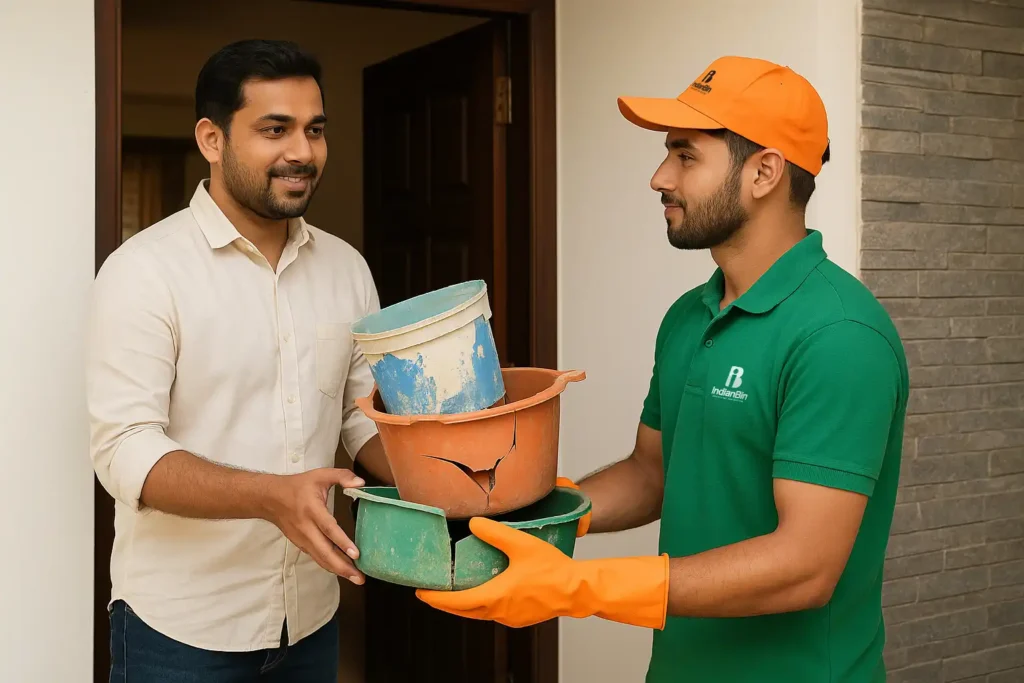
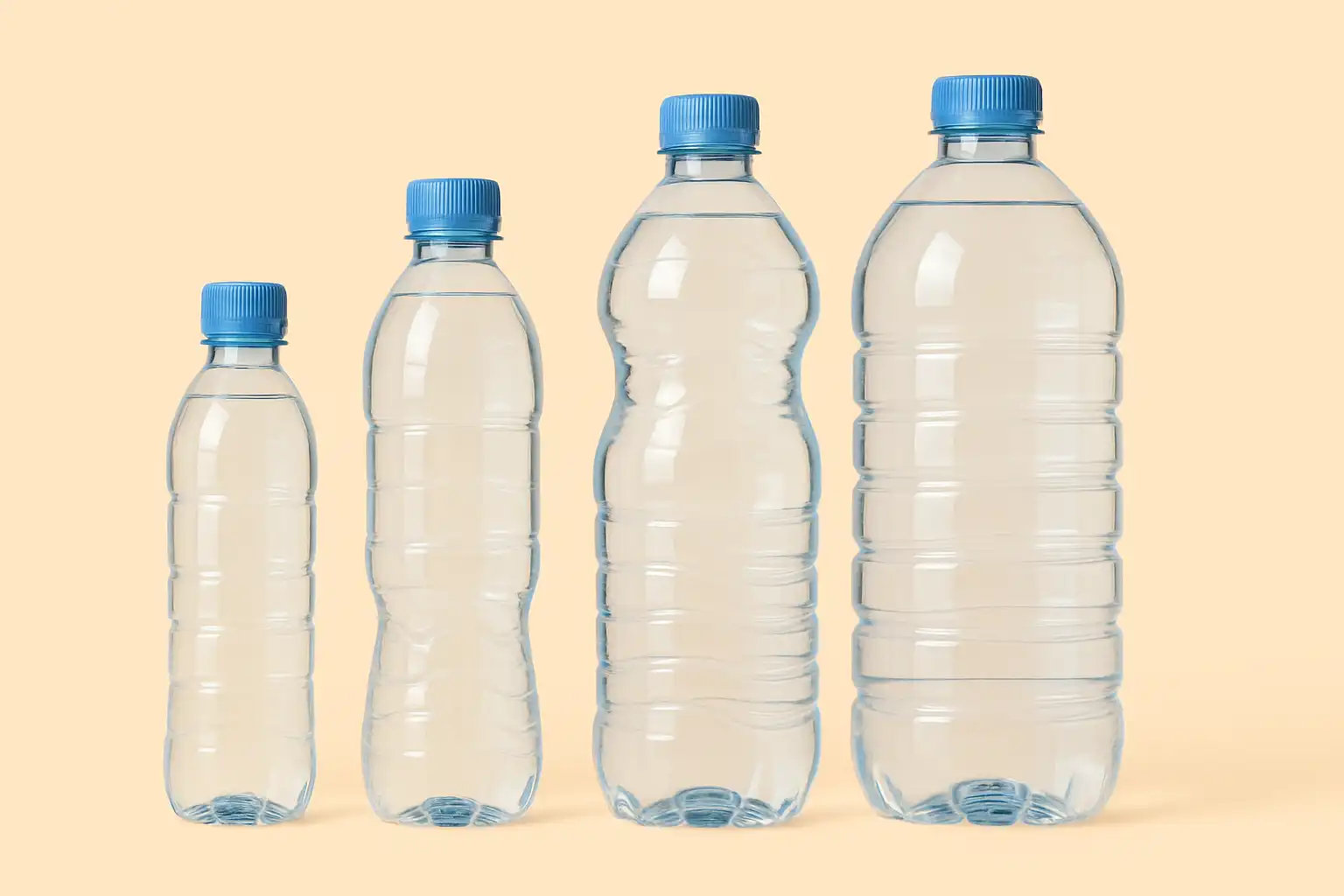
Transparent beverage bottles; rinse and dry before safe recycling.
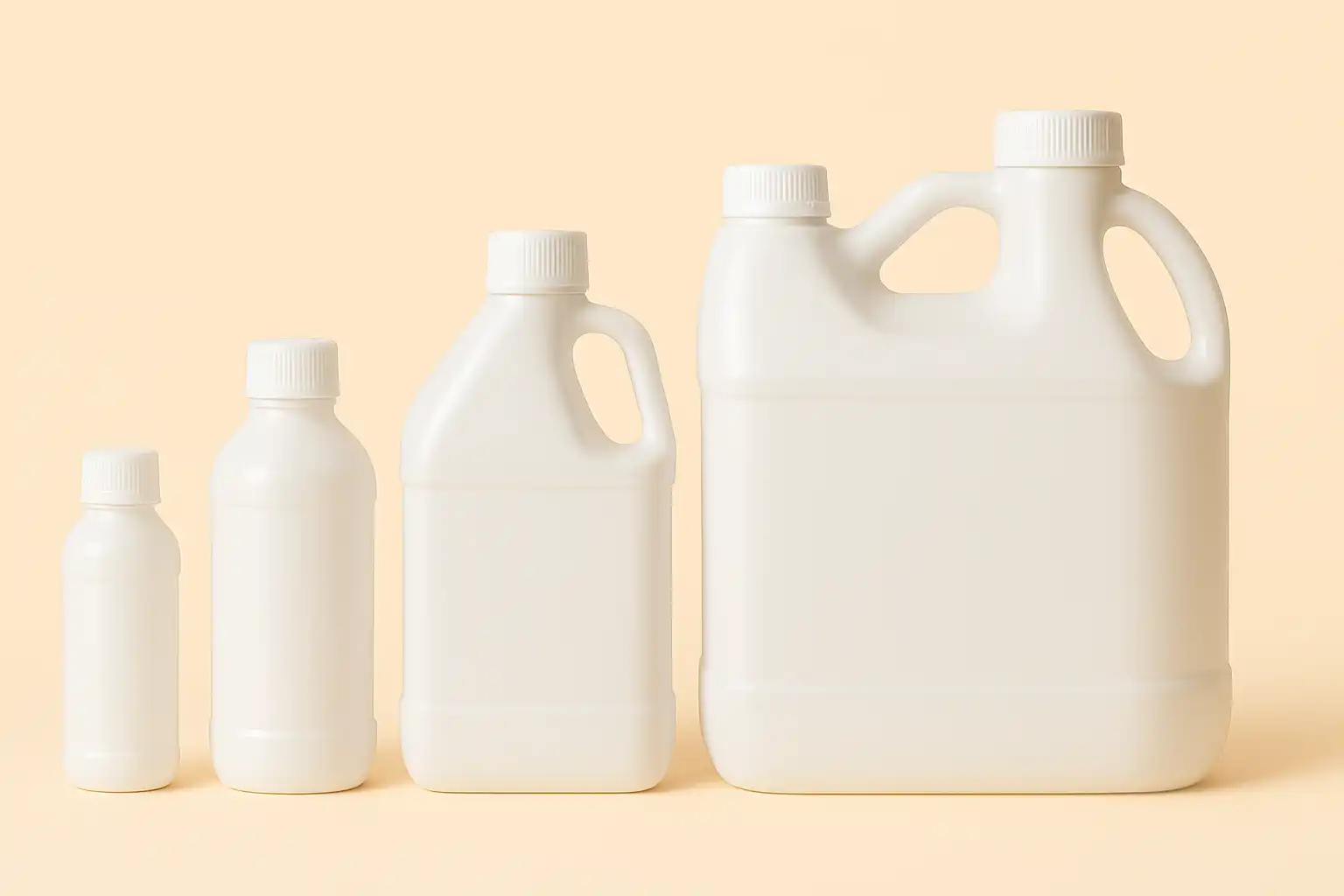
Rigid, coloured containers with caps; ensure empty and clean before collection.
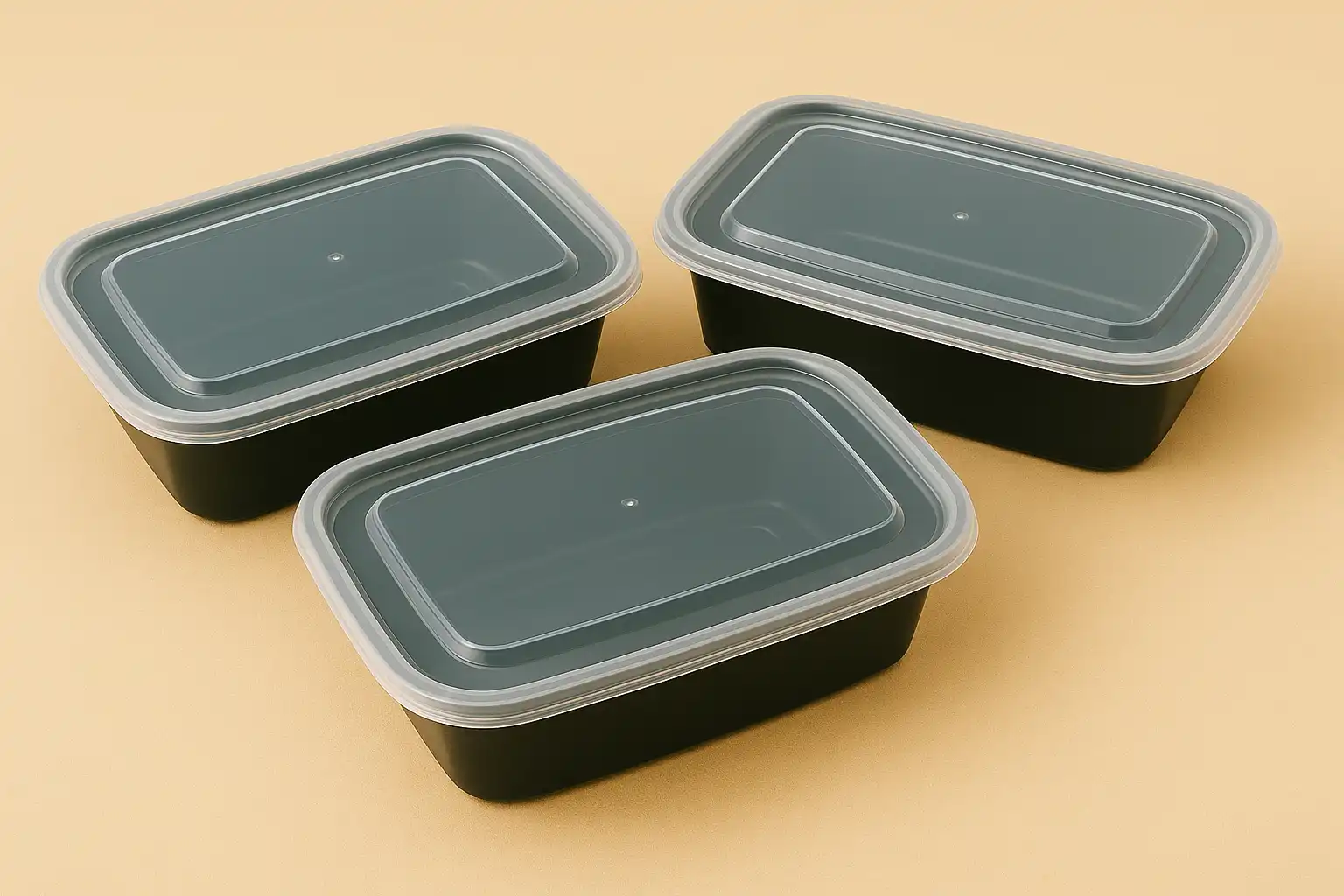
Microwave-safe or takeaway boxes; oil-free and washed thoroughly for reuse.
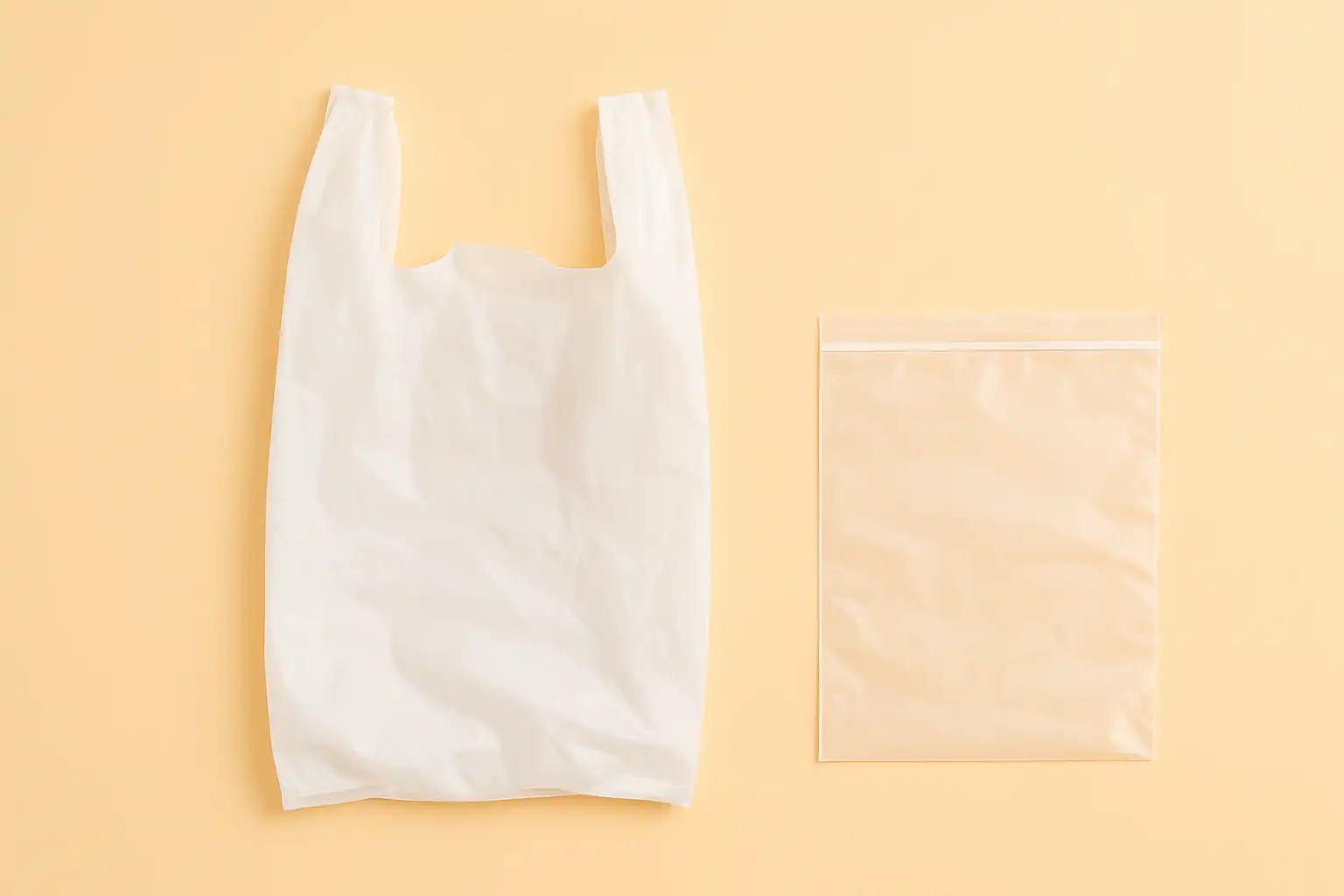
Soft, flexible plastics; no food residue, dry and bundled securely.
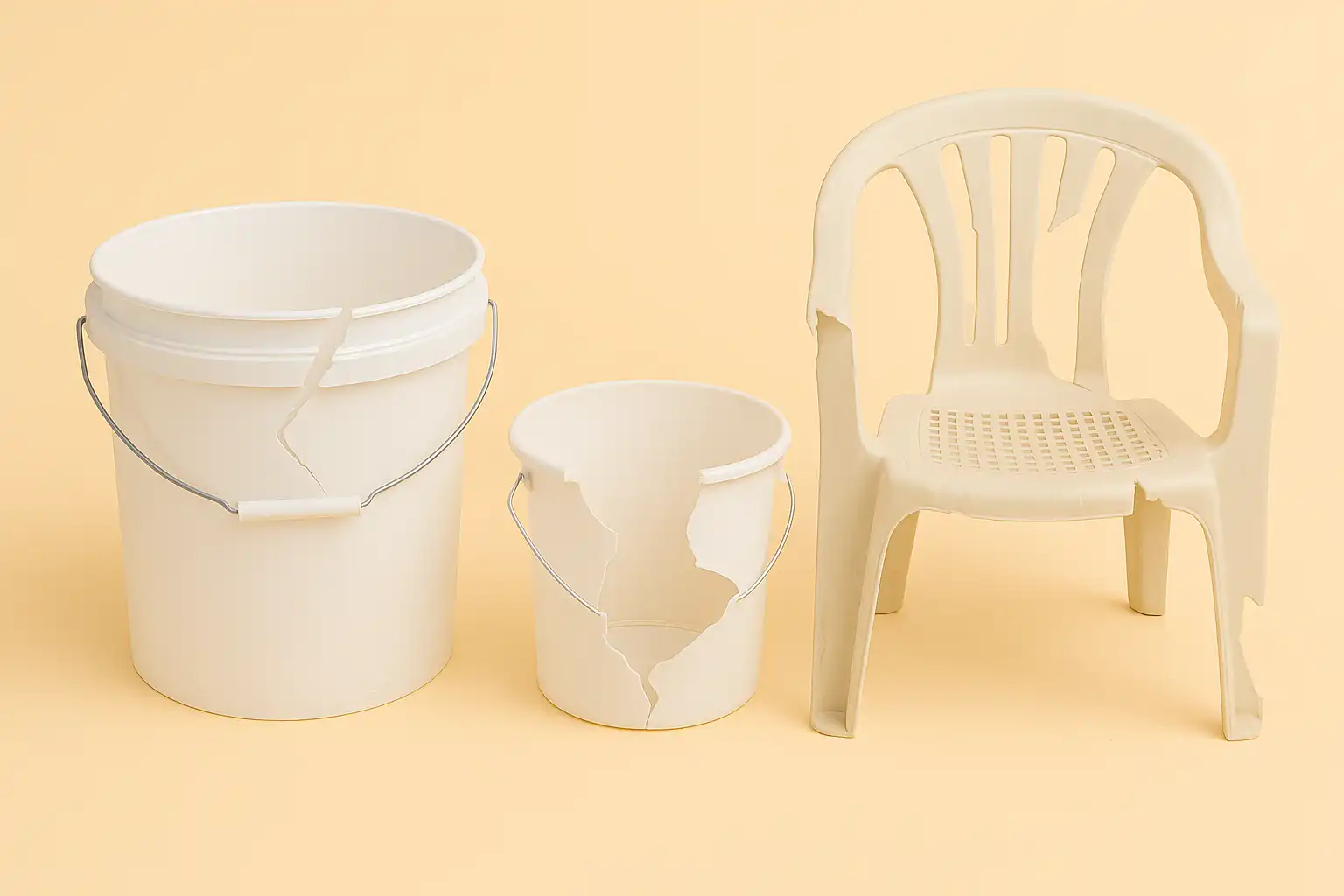
Clean plastic goods broken or unused; recyclable if free from contamination.
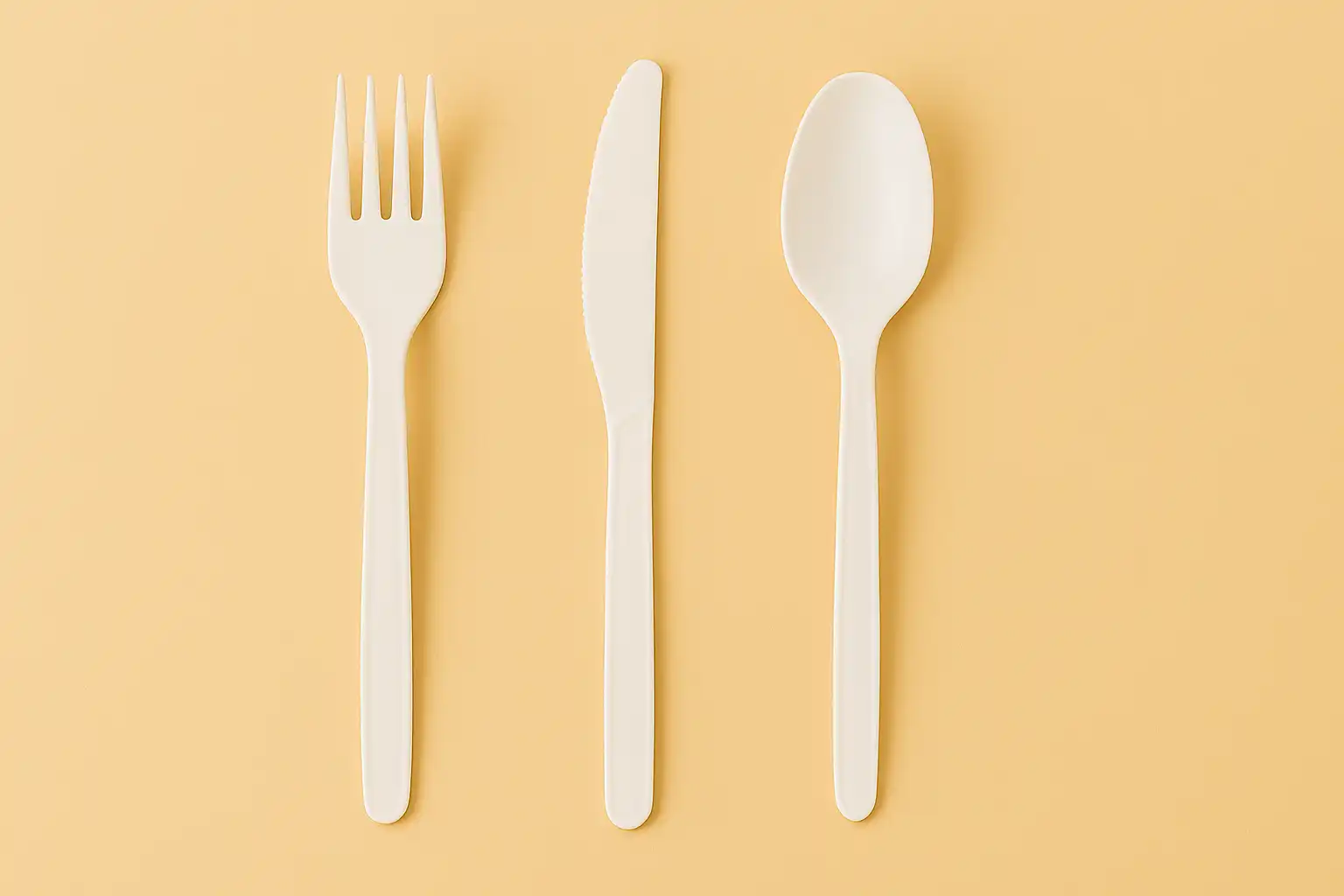
Single-use items; must be food-free, sorted, and stacked properly.
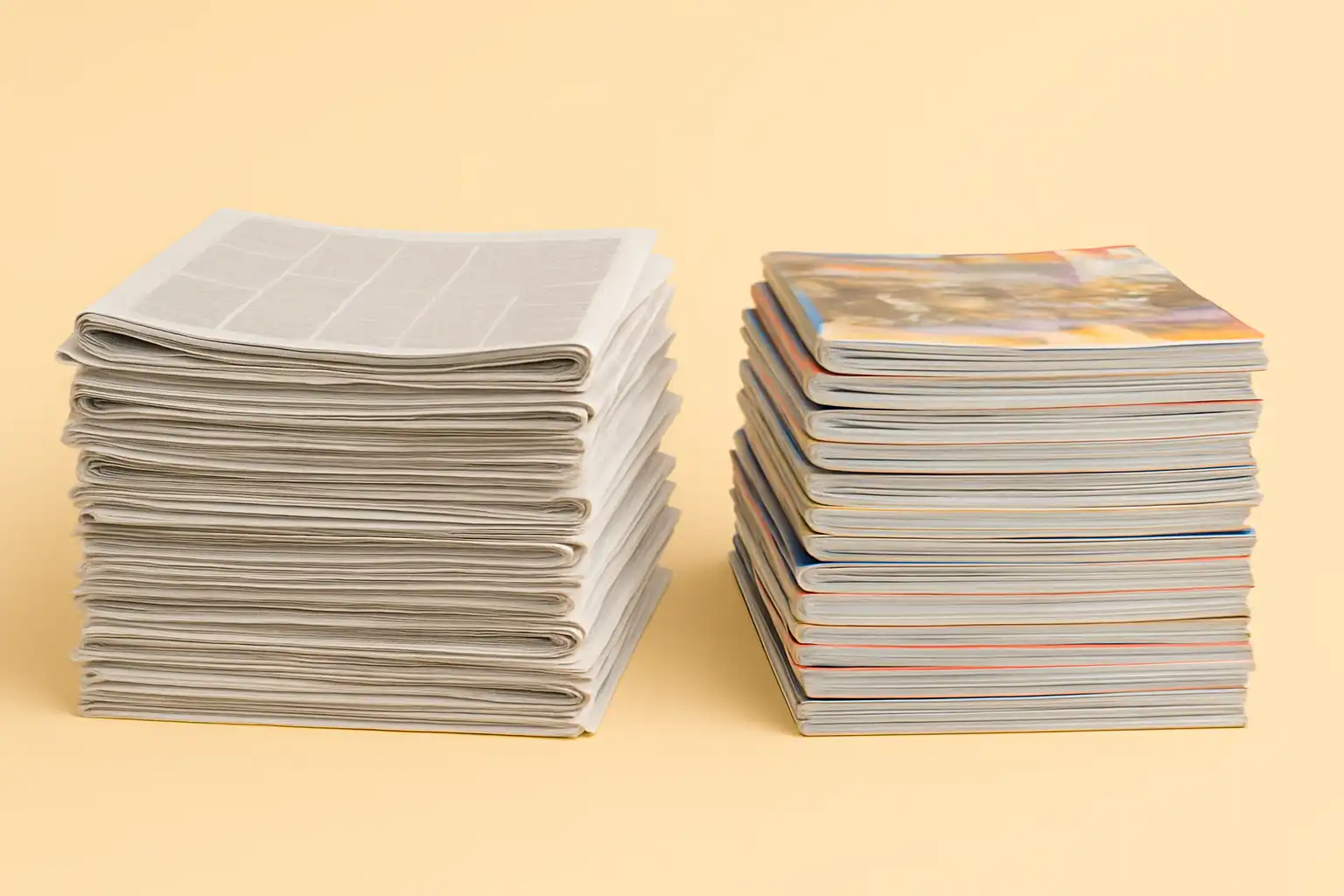
Dry, readable pages; bundle or stack for easy collector handling.
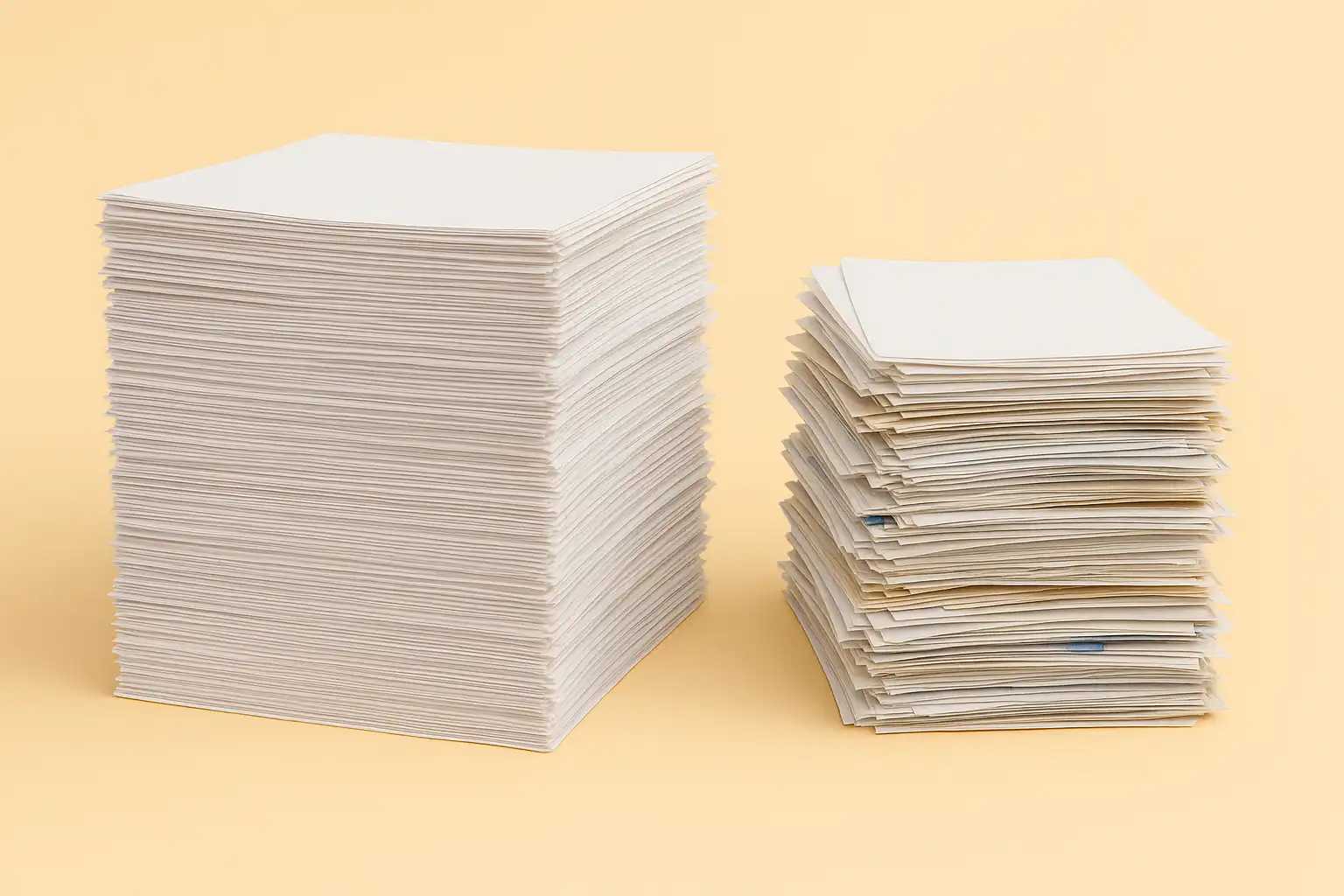
Printed paper waste; shred if sensitive, otherwise bundle loosely.
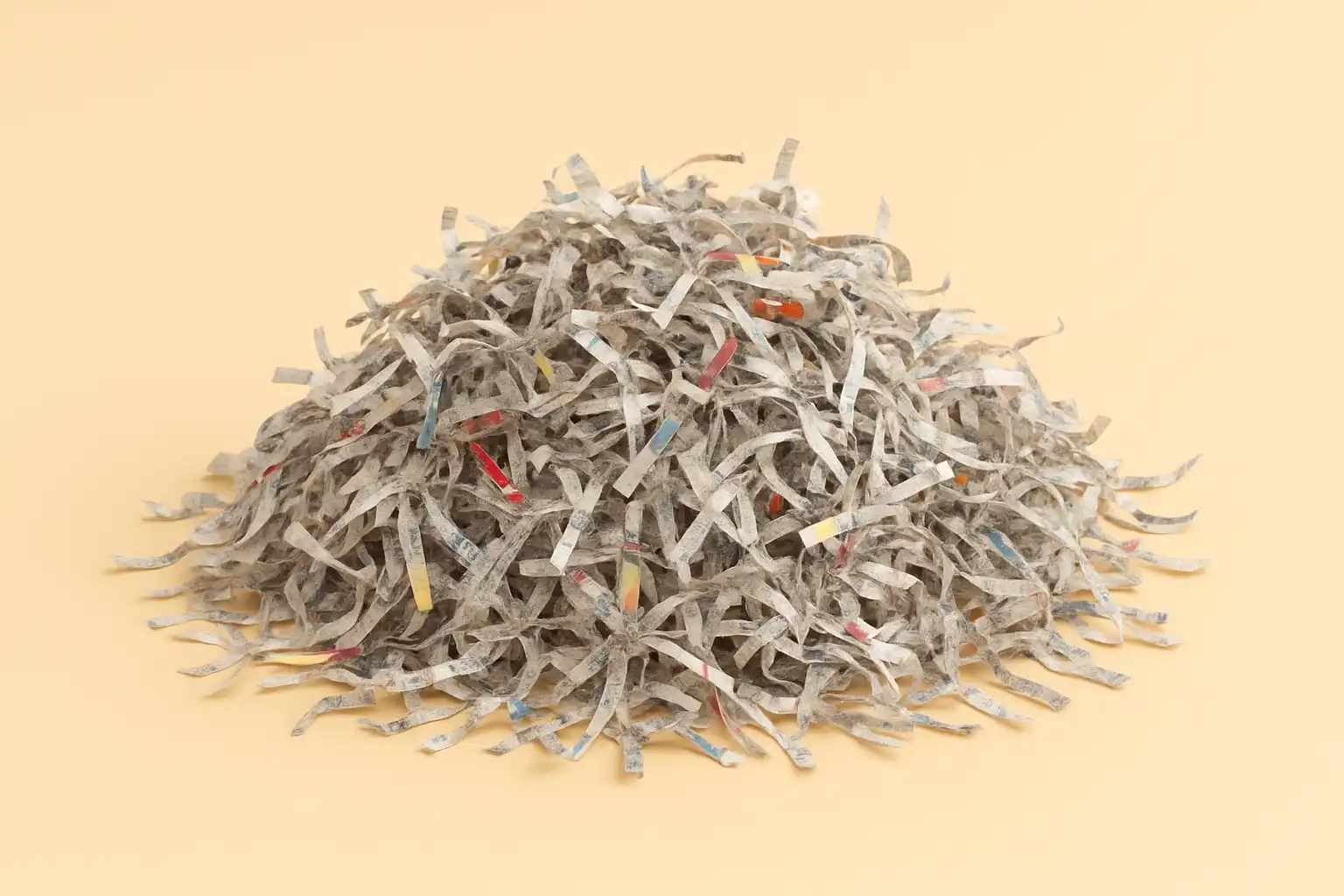
Dry shredded bits; pack in paper bags or envelopes to prevent scattering.
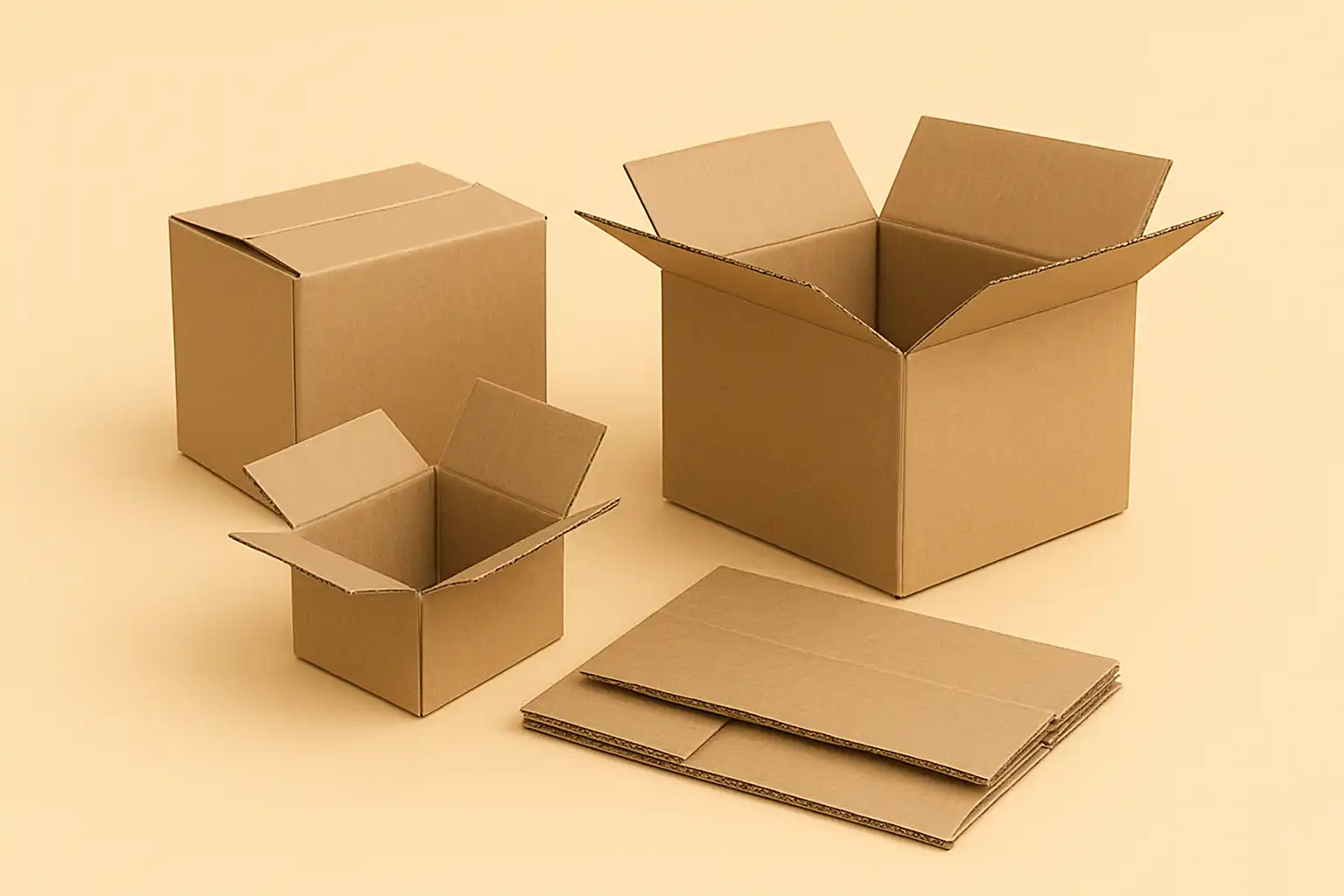
Dry shredded bits; pack in paper bags or envelopes to prevent scattering.
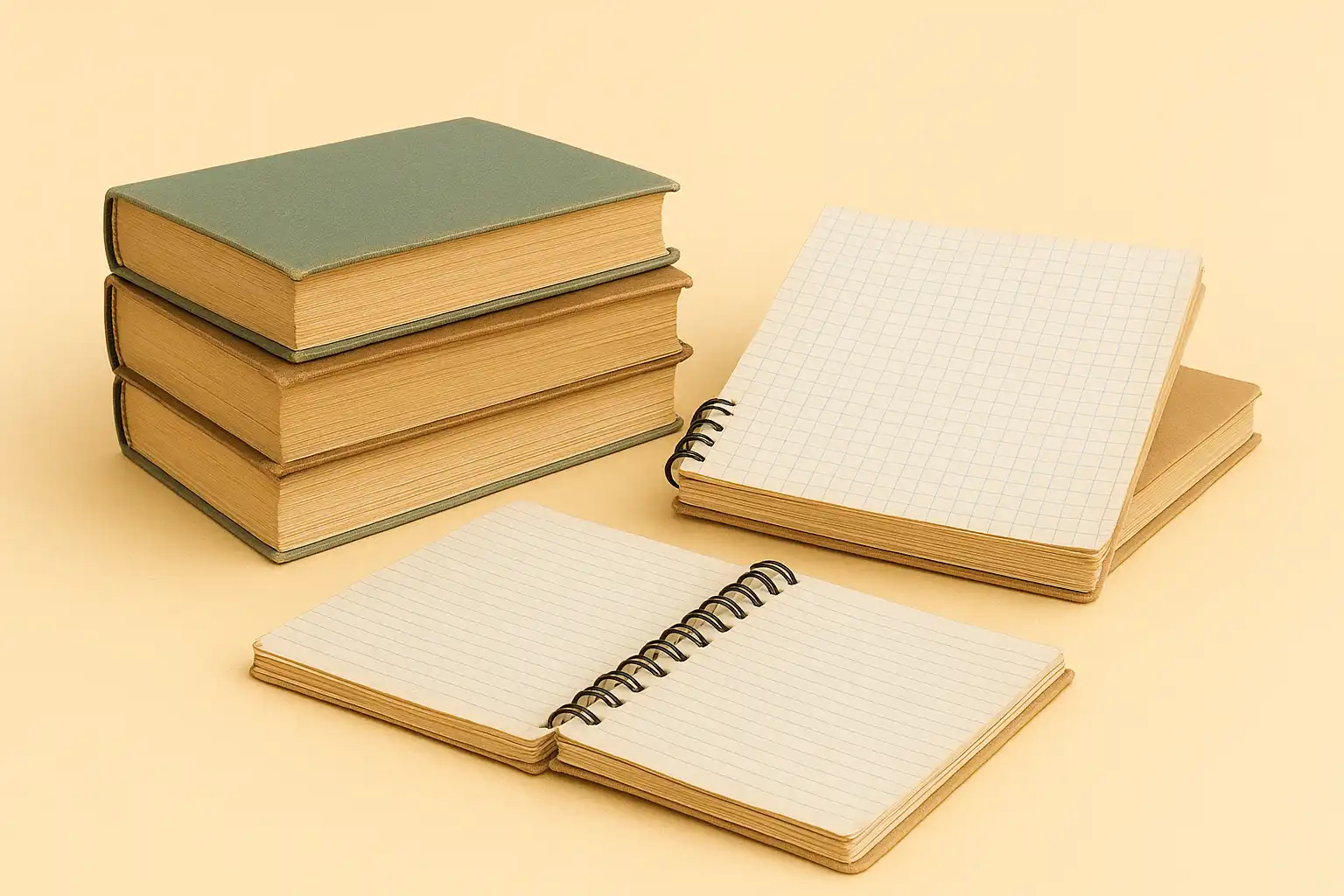
Non-wet books; bindings allowed, pages must be dry and intact.
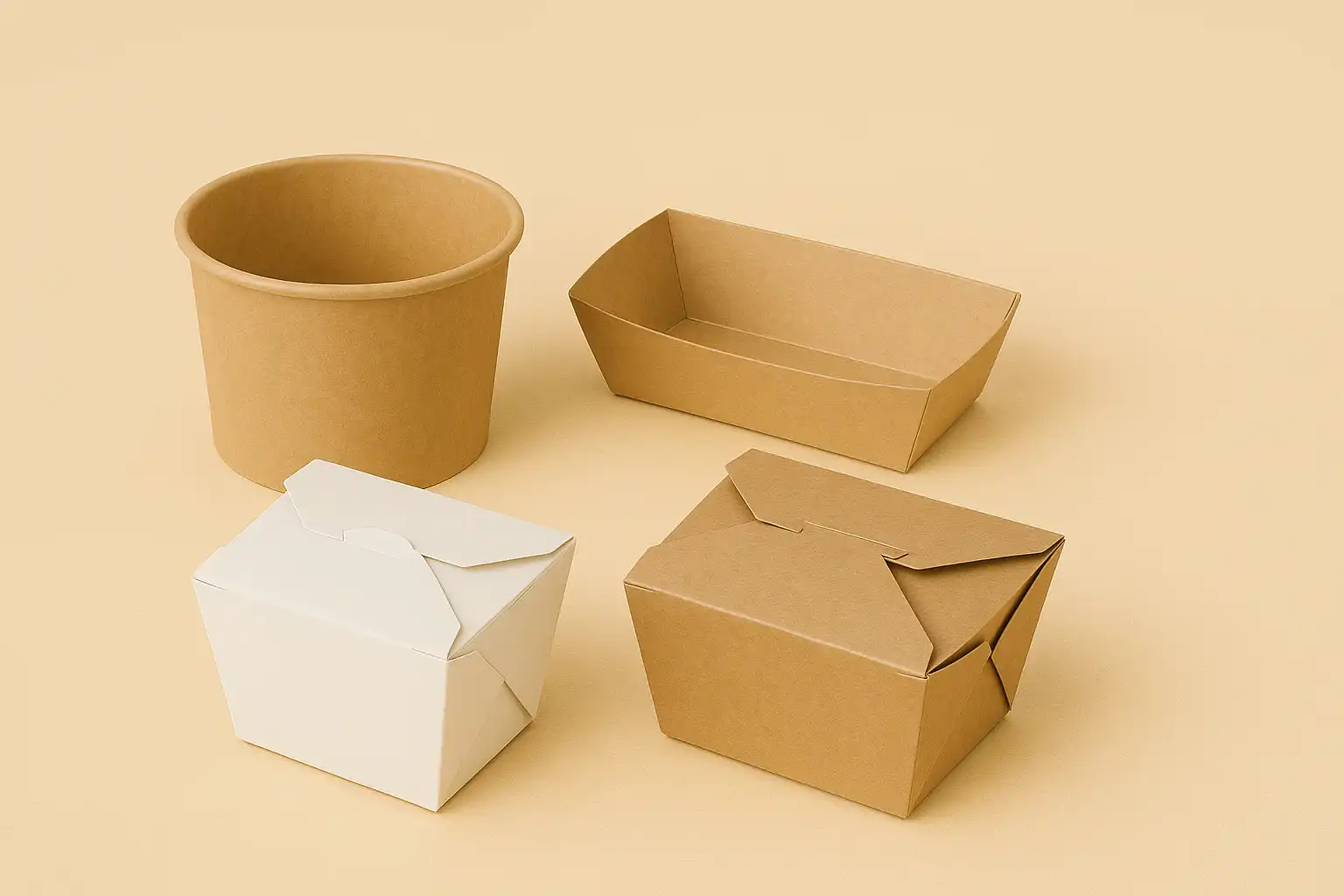
Recyclable if free from oil stains; fold flat before disposal.
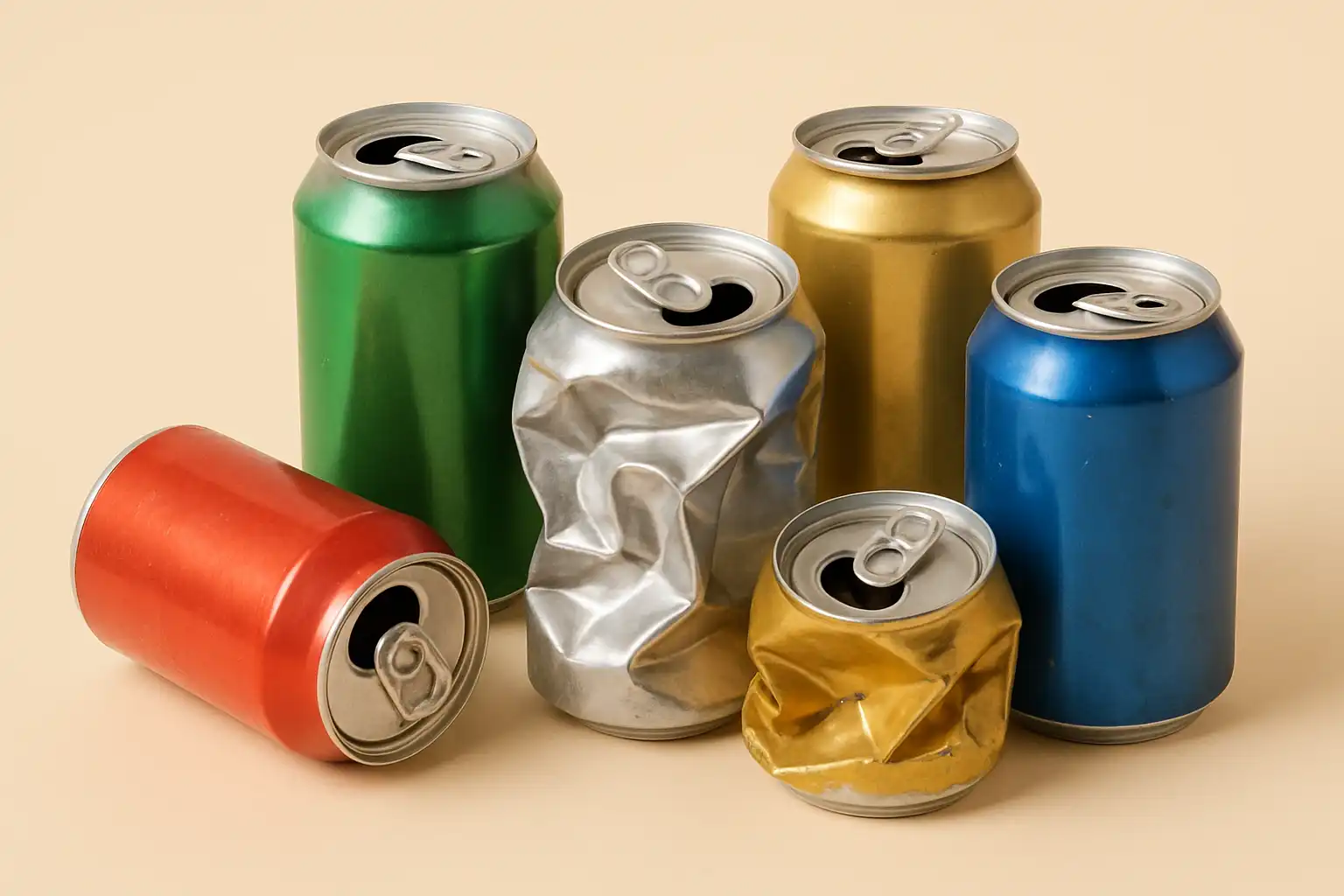
Rinse and crush cans; avoid mixed materials like plastic labels.
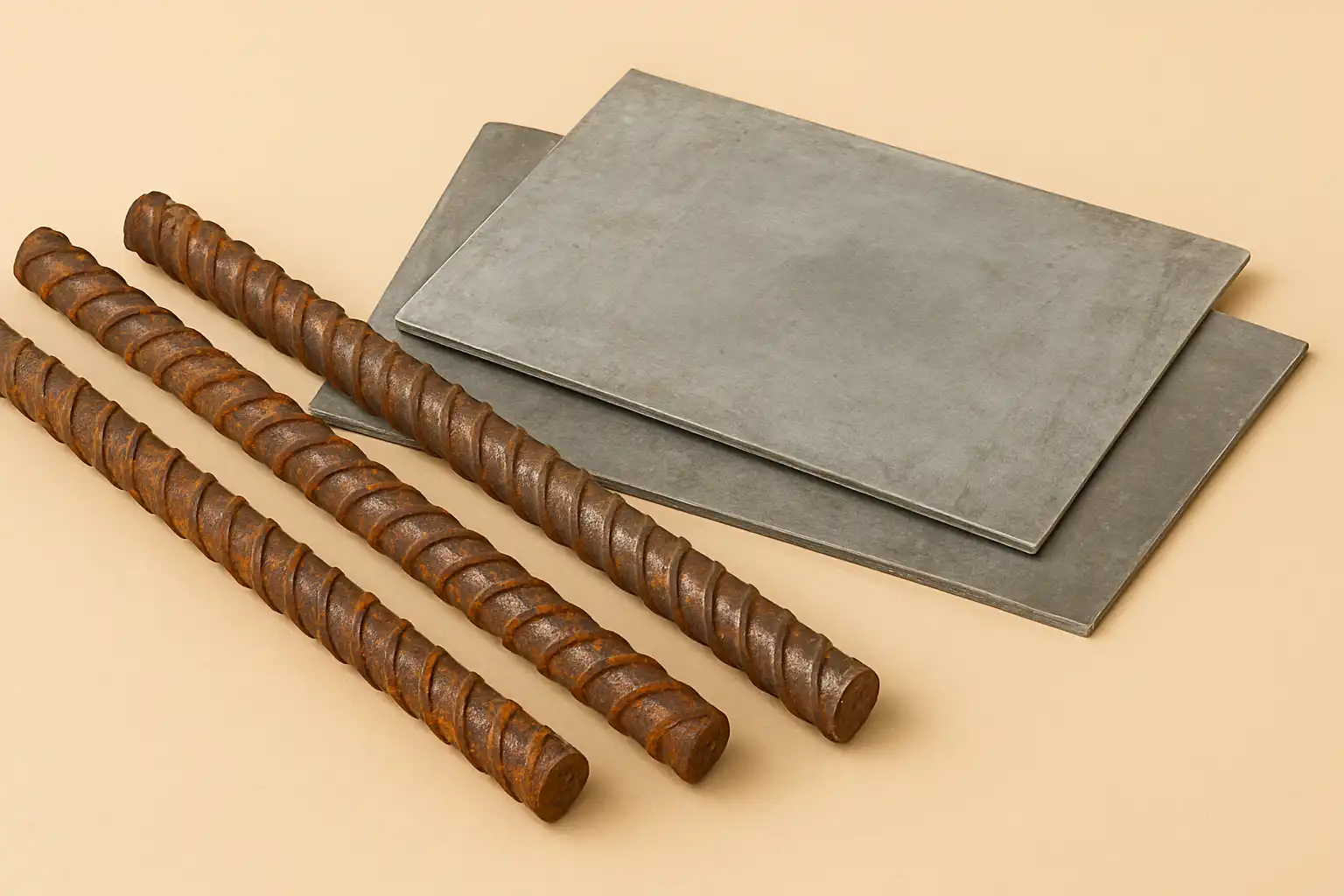
Non-rusty or lightly used construction leftovers; neatly bundled or stacked.
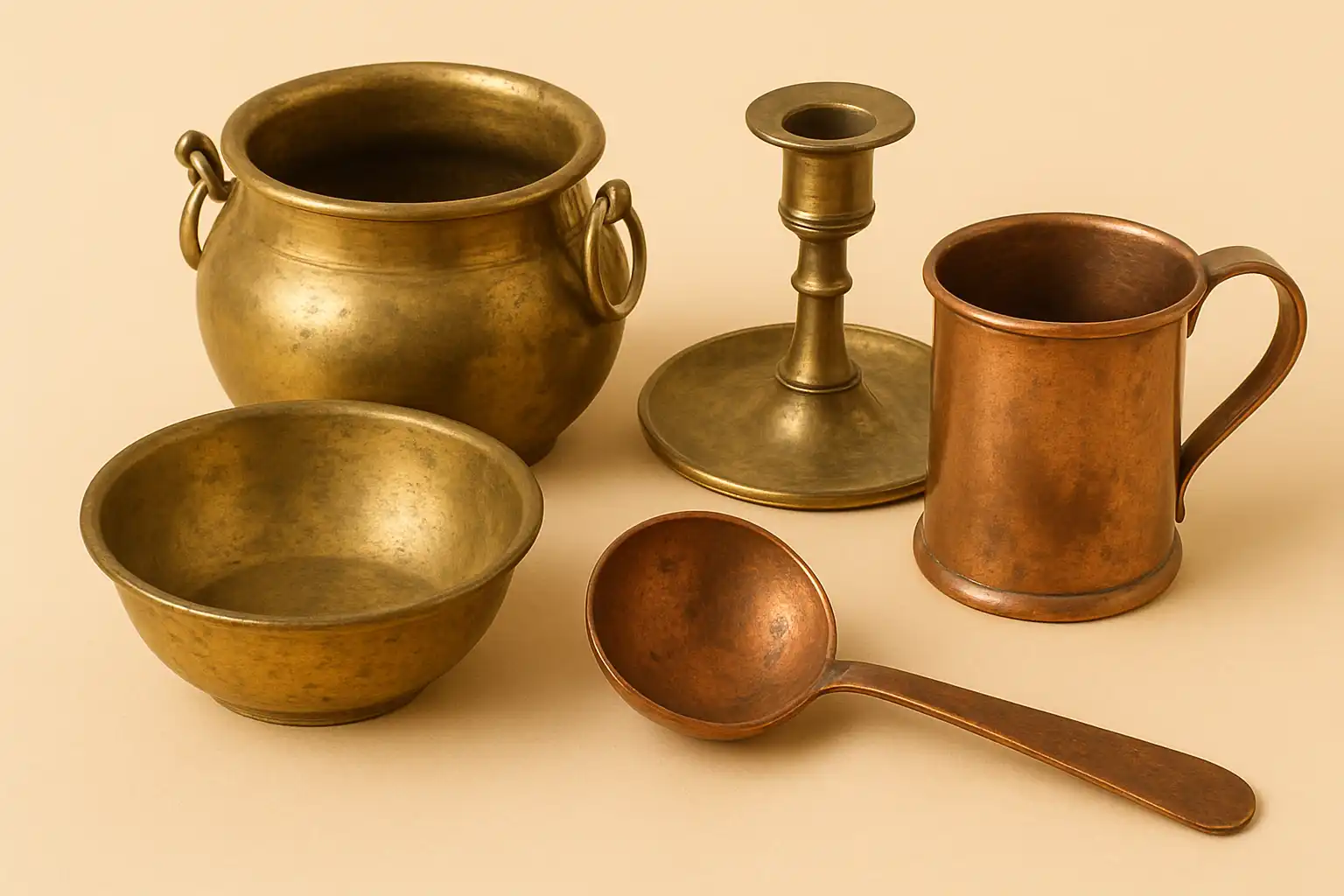
Small metal scrap, taps, utensils; store safely to avoid sharp contact.
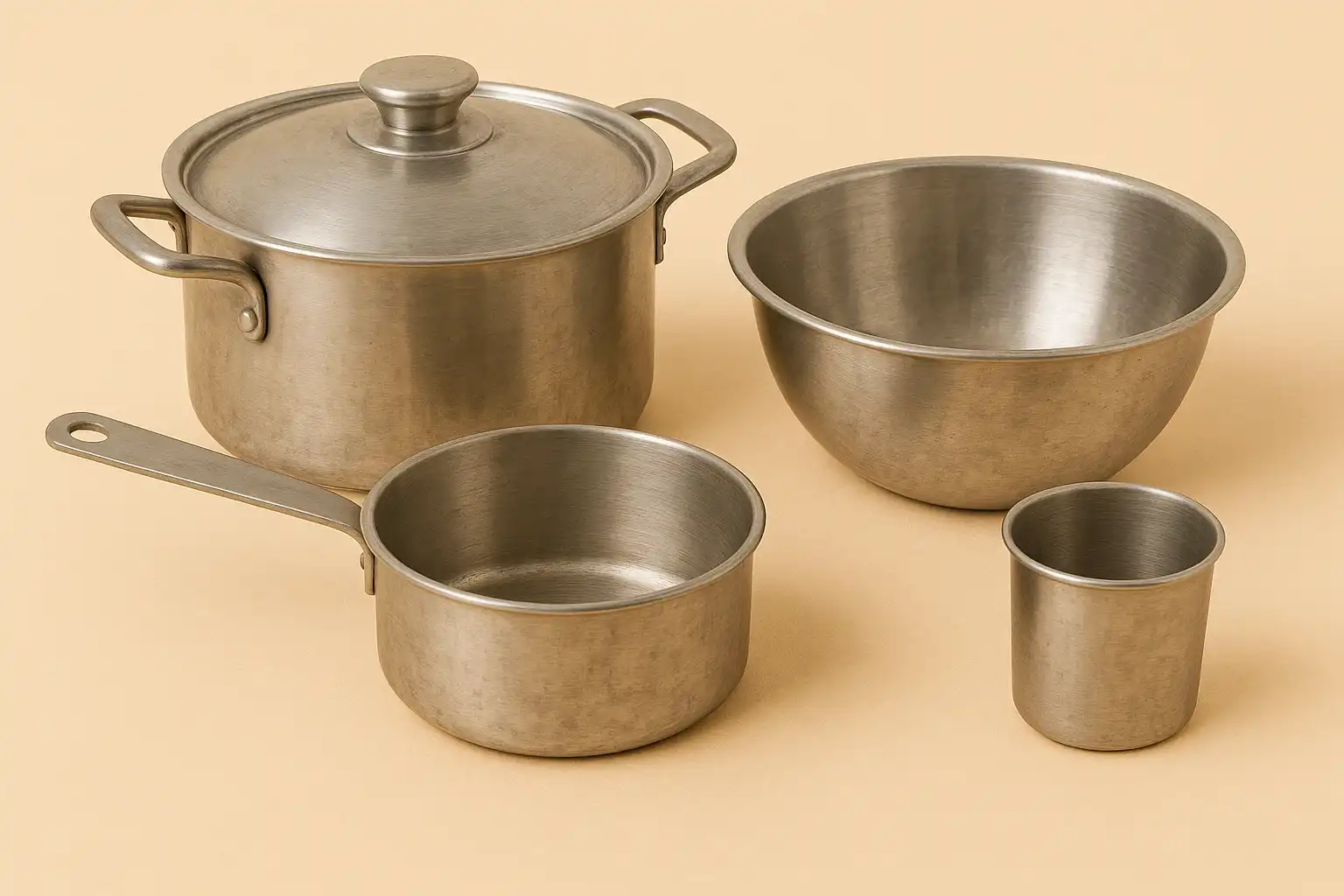
Bent or old vessels; remove plastic handles where applicable before collection.
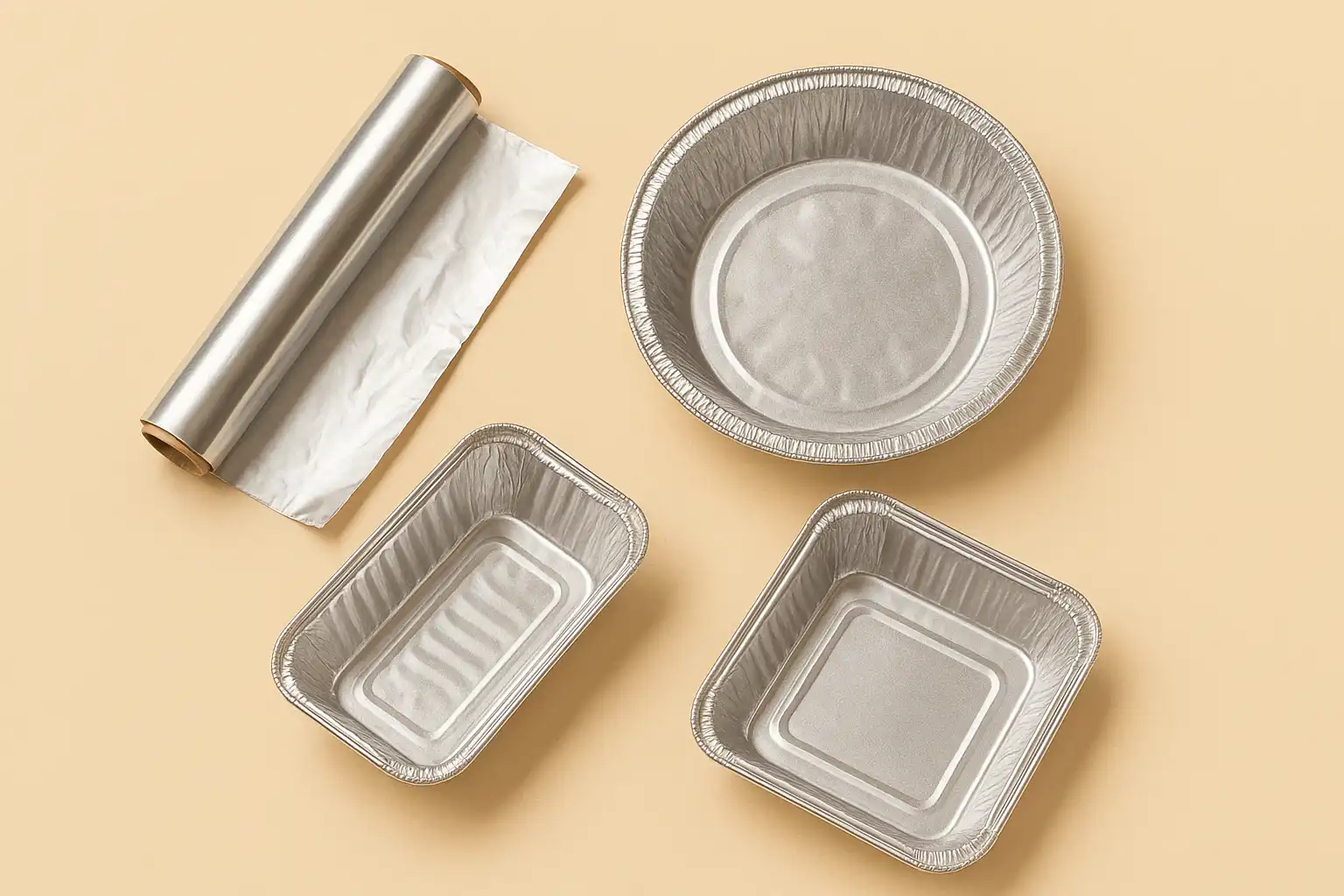
Must be food-free; flatten and collect in one bundle or pouch.
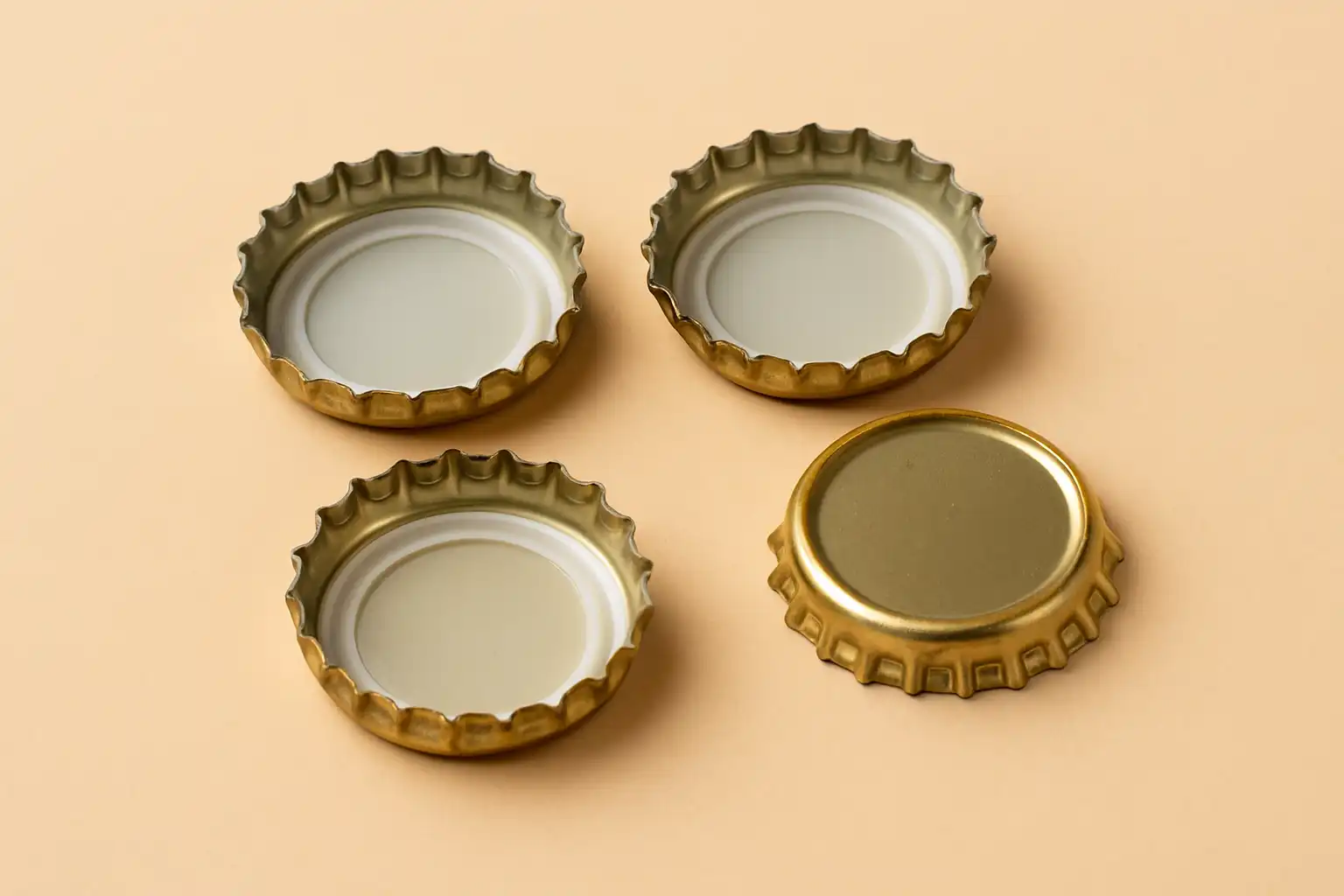
Collect in cans or small containers; sharp edges should be handled carefully.
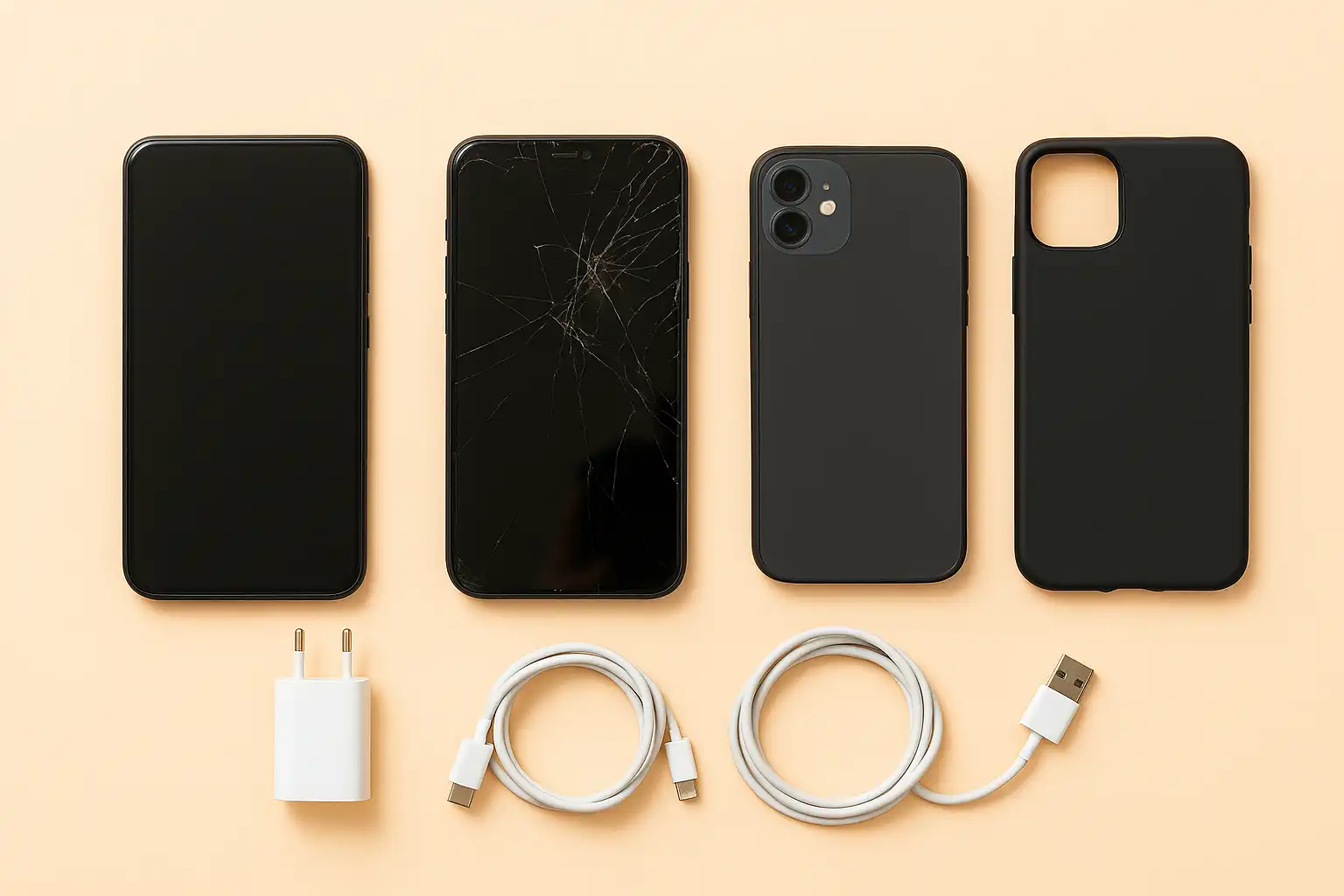
Old devices, chargers; remove batteries separately and wipe personal data.
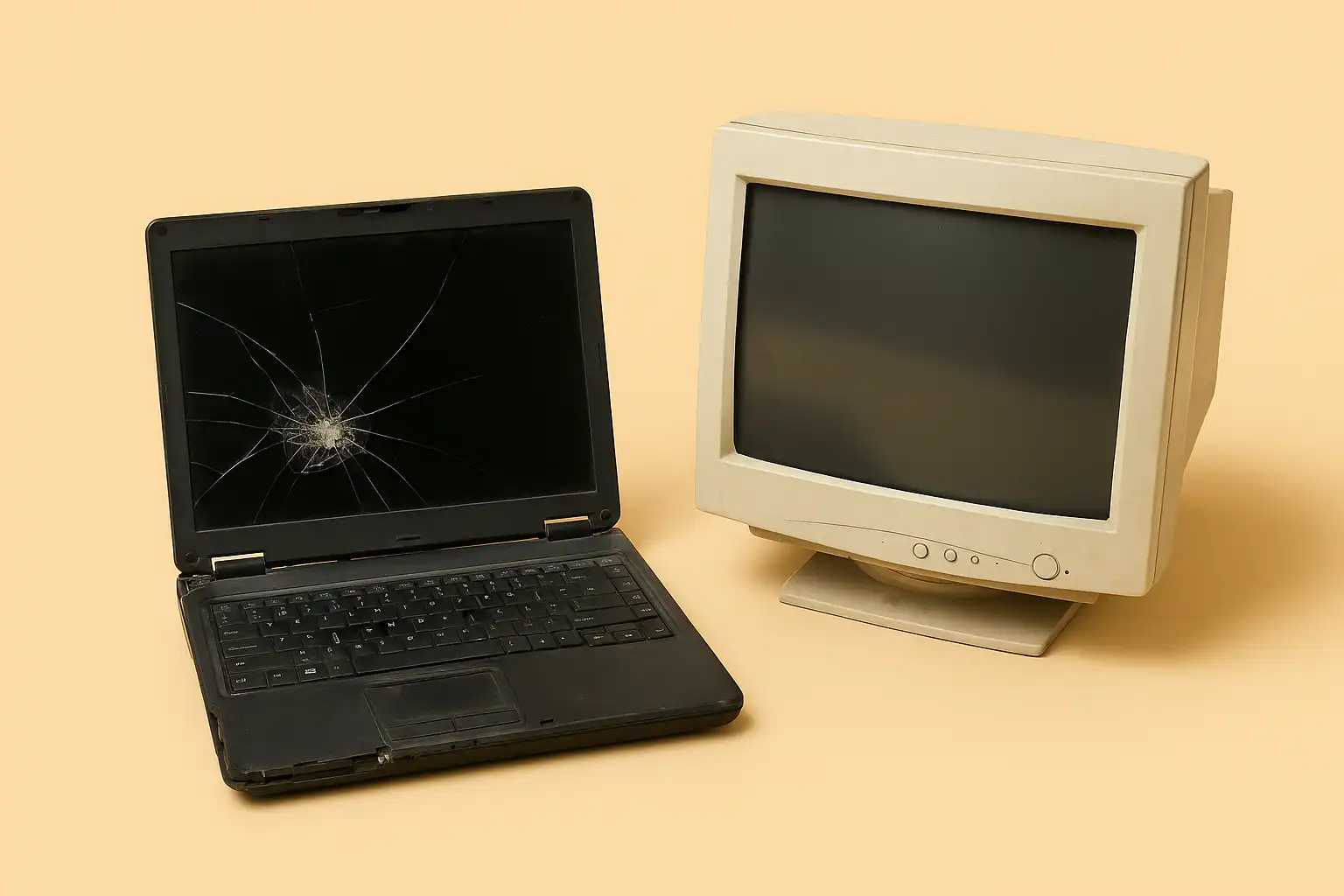
Non-functional devices; include keyboard, charger, and cables if available.
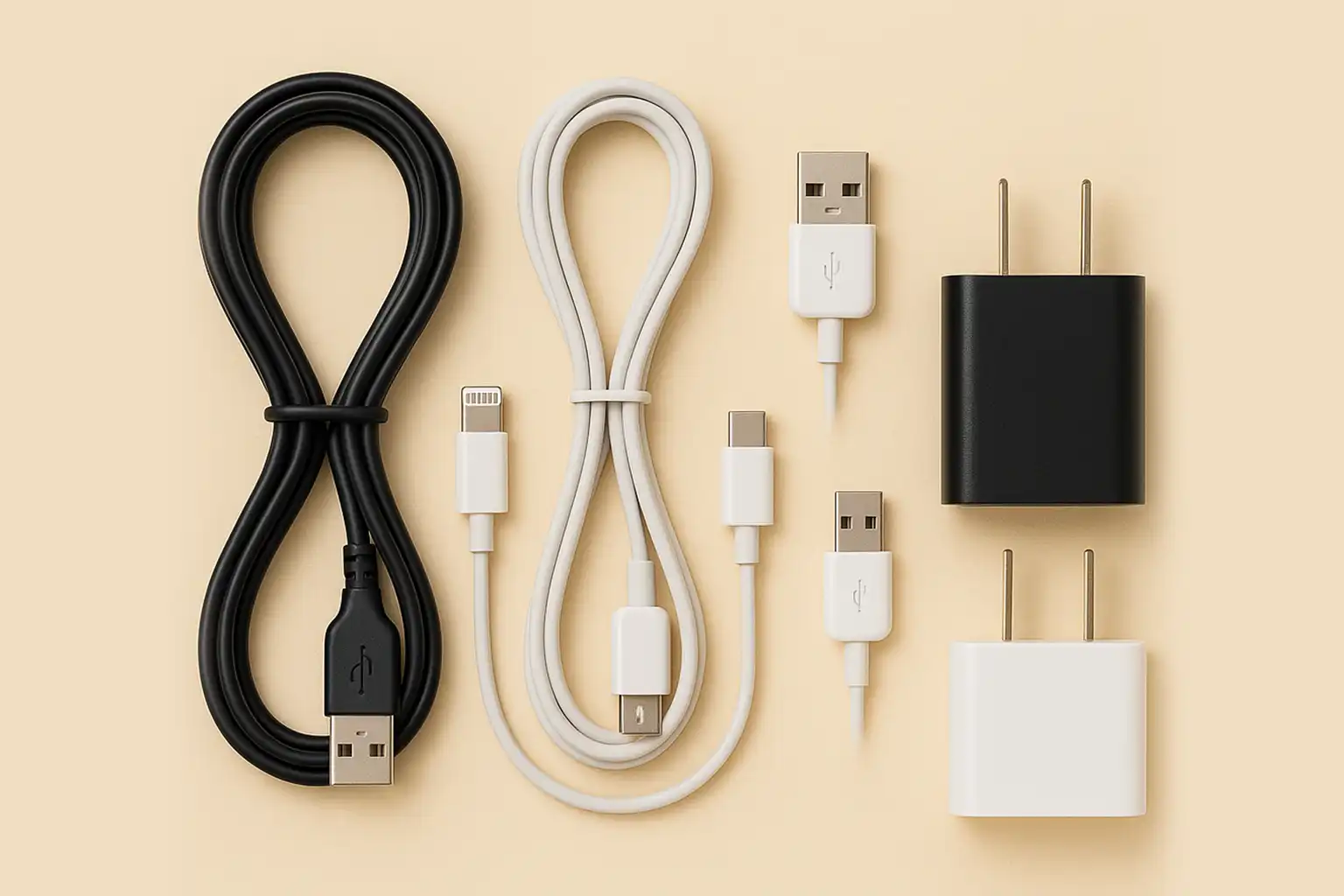
Entangled or broken wires; coil neatly, label optional for clarity.
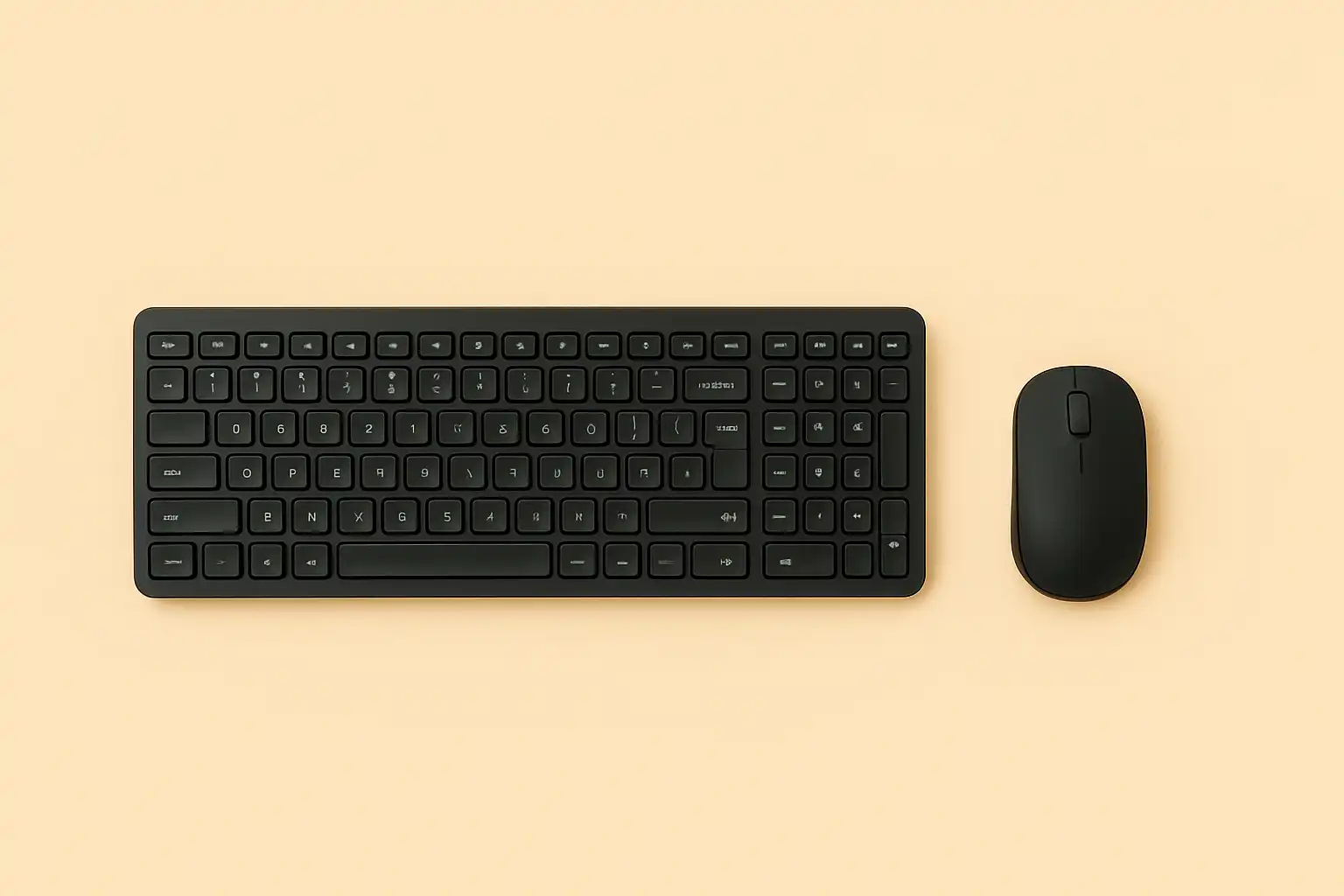
Small devices and peripherals; bag together for easy identification.
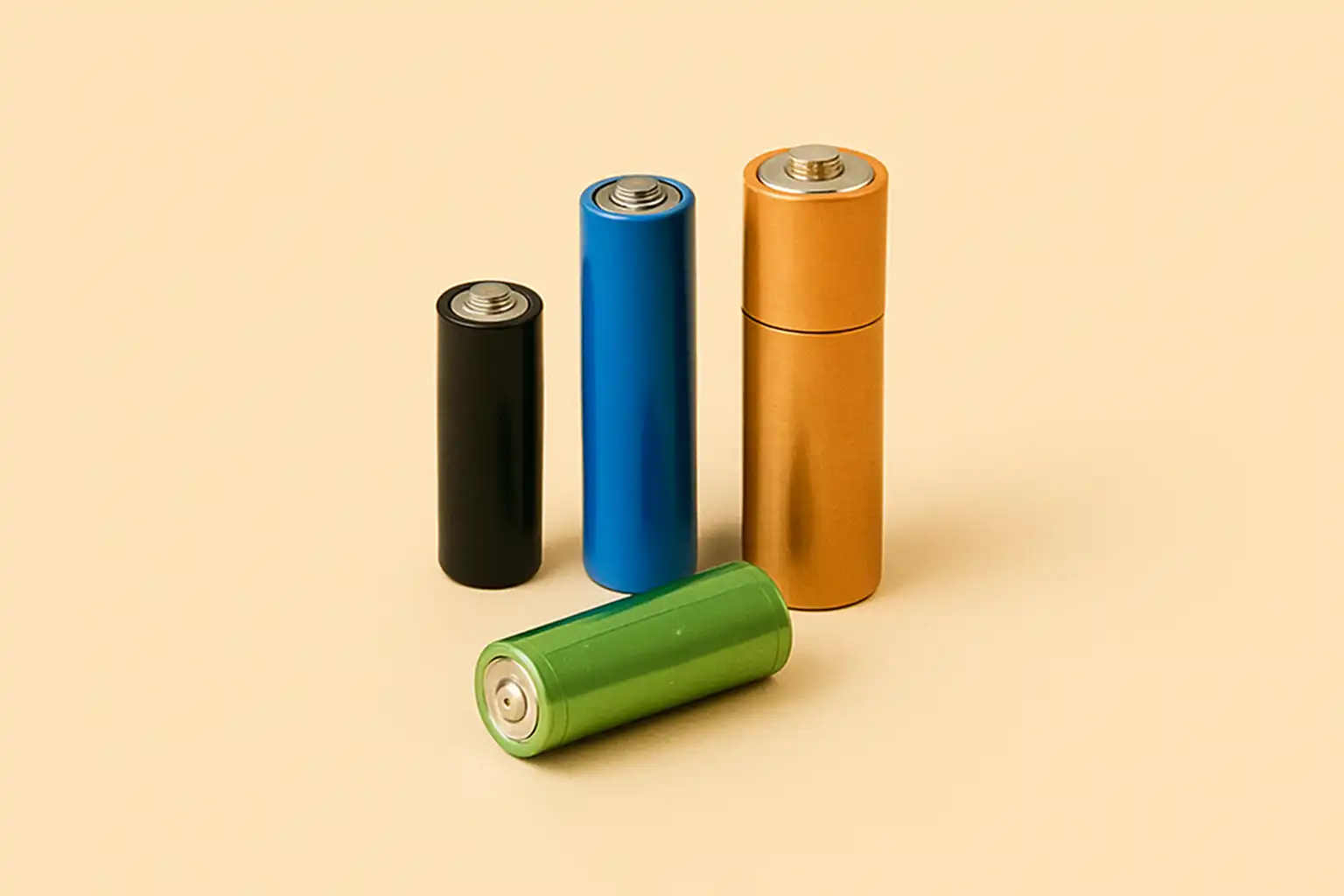
Dry, non-bulging types only; store in paper or plastic containers.
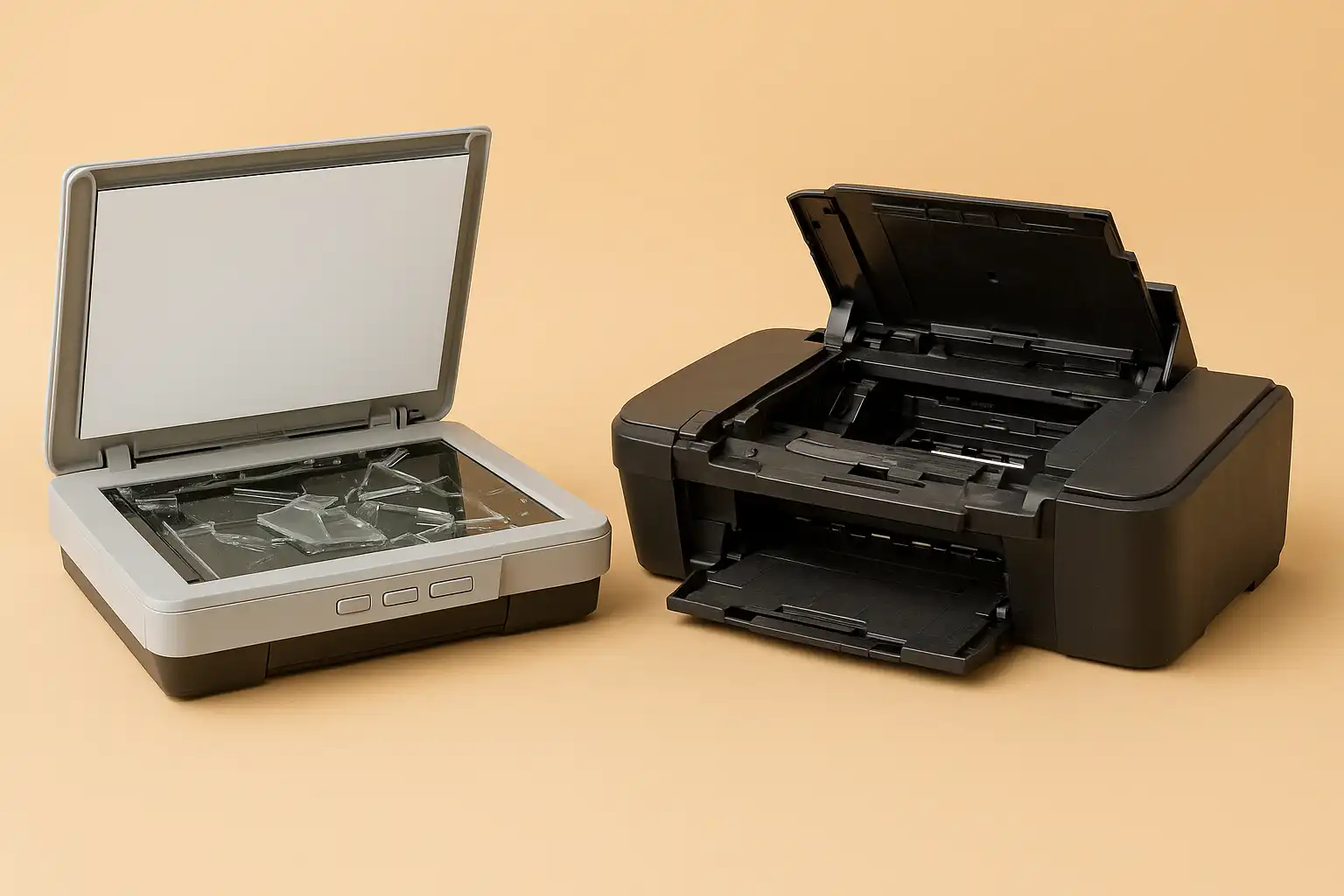
Only dry, unbroken units; remove ink cartridges if possible.
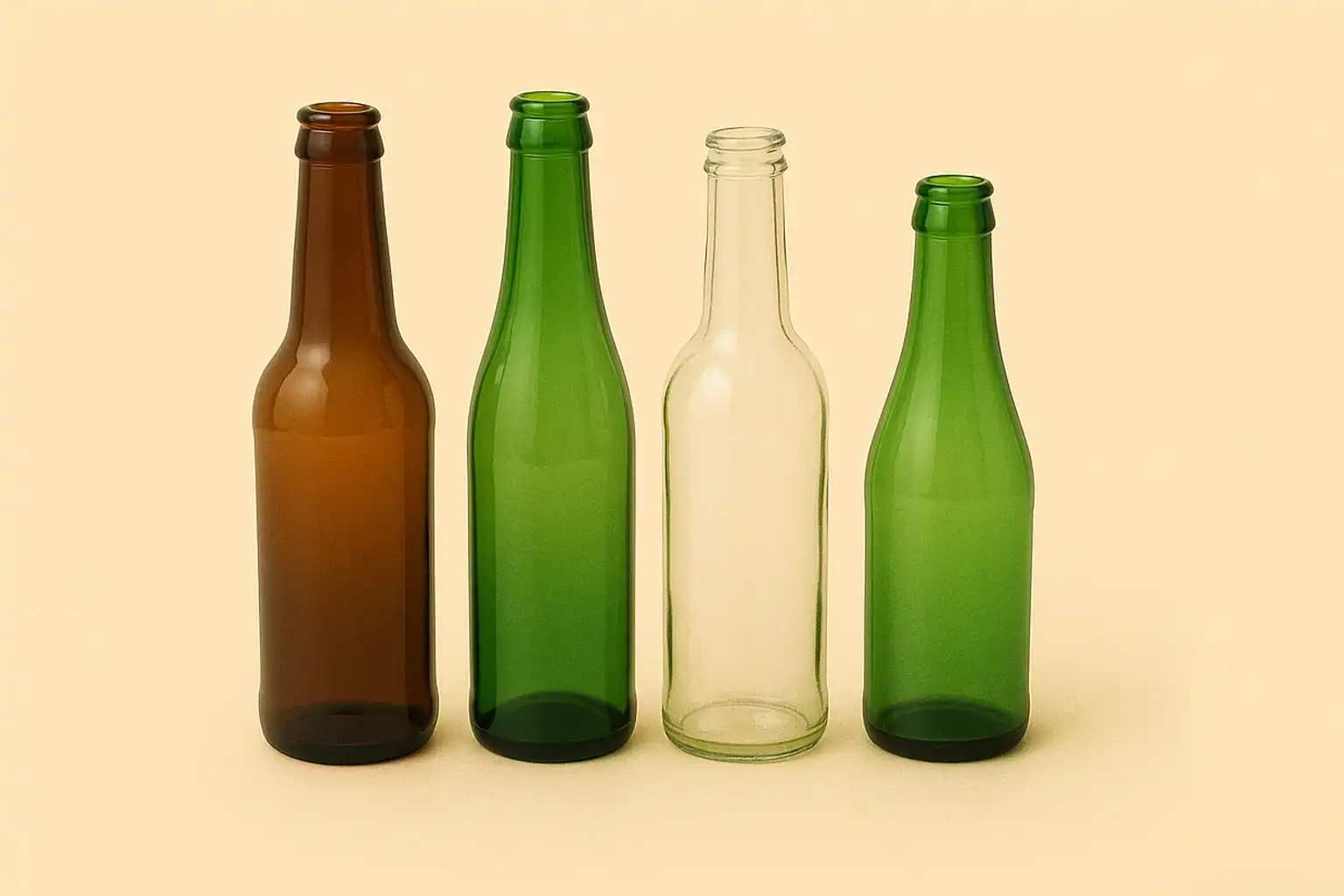
Rinse, no caps or labels preferred; pack to prevent breakage.
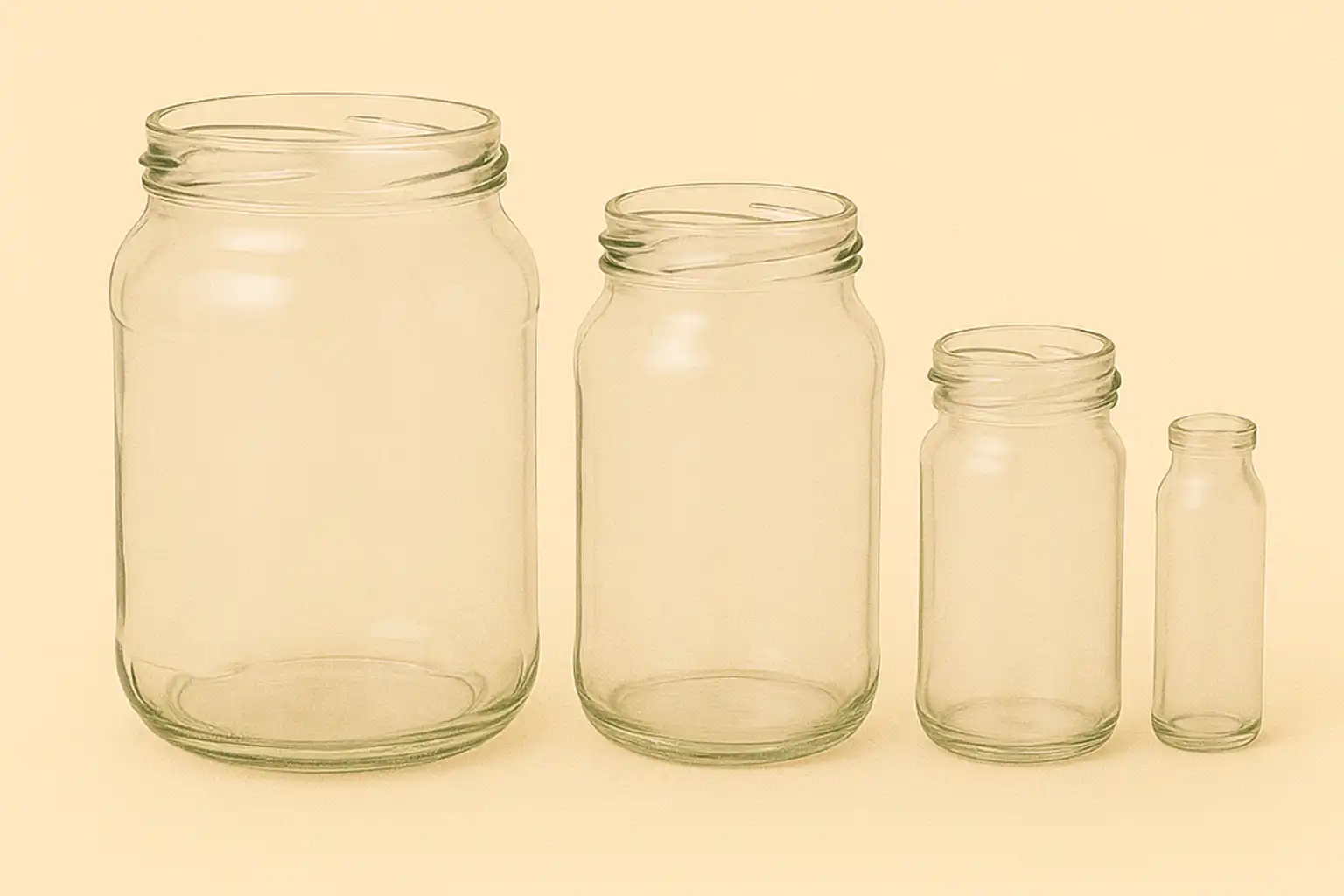
Wash oily residue; remove lids; avoid items with cracks.
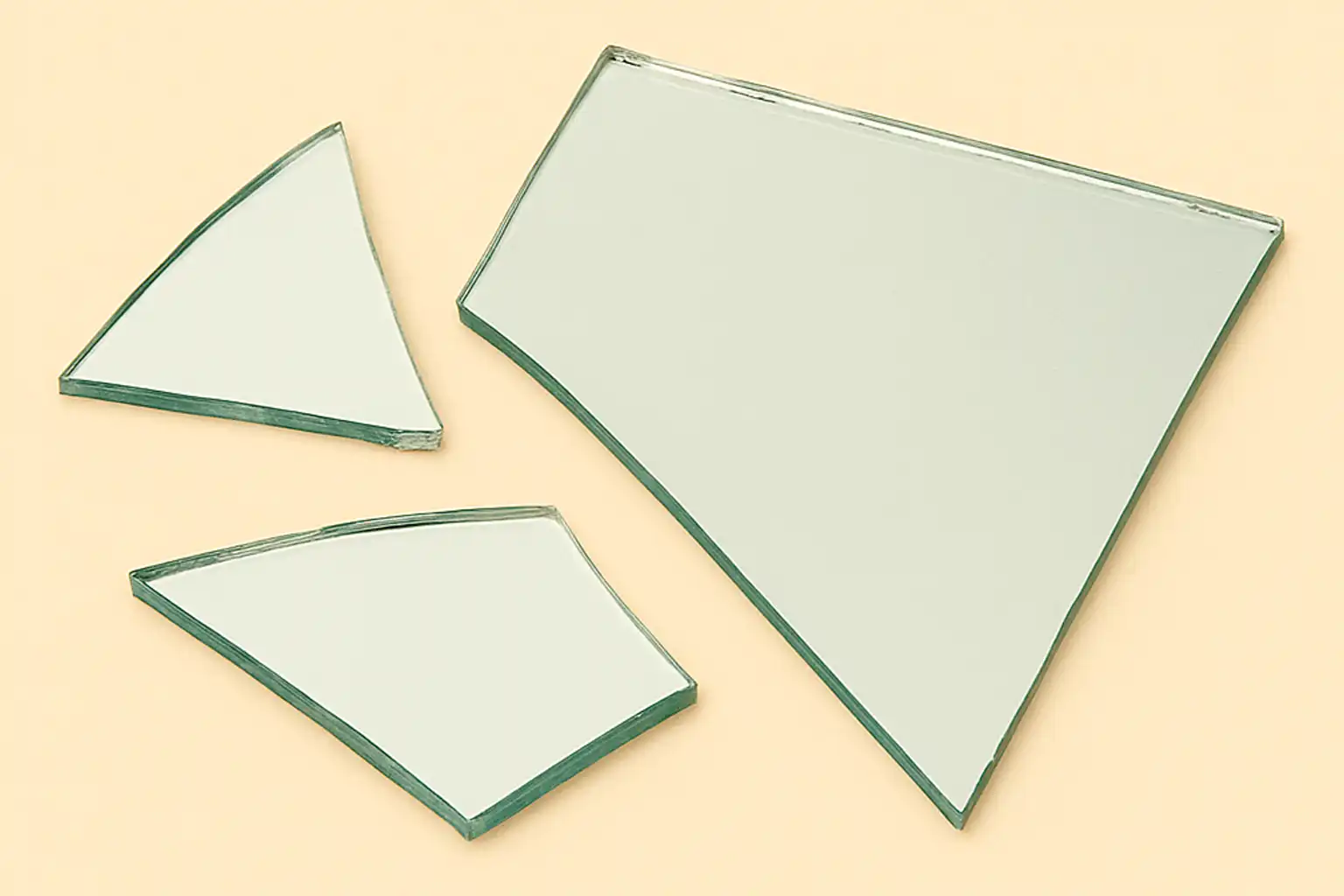
Sharp fragments must be safely wrapped and labelled as fragile.
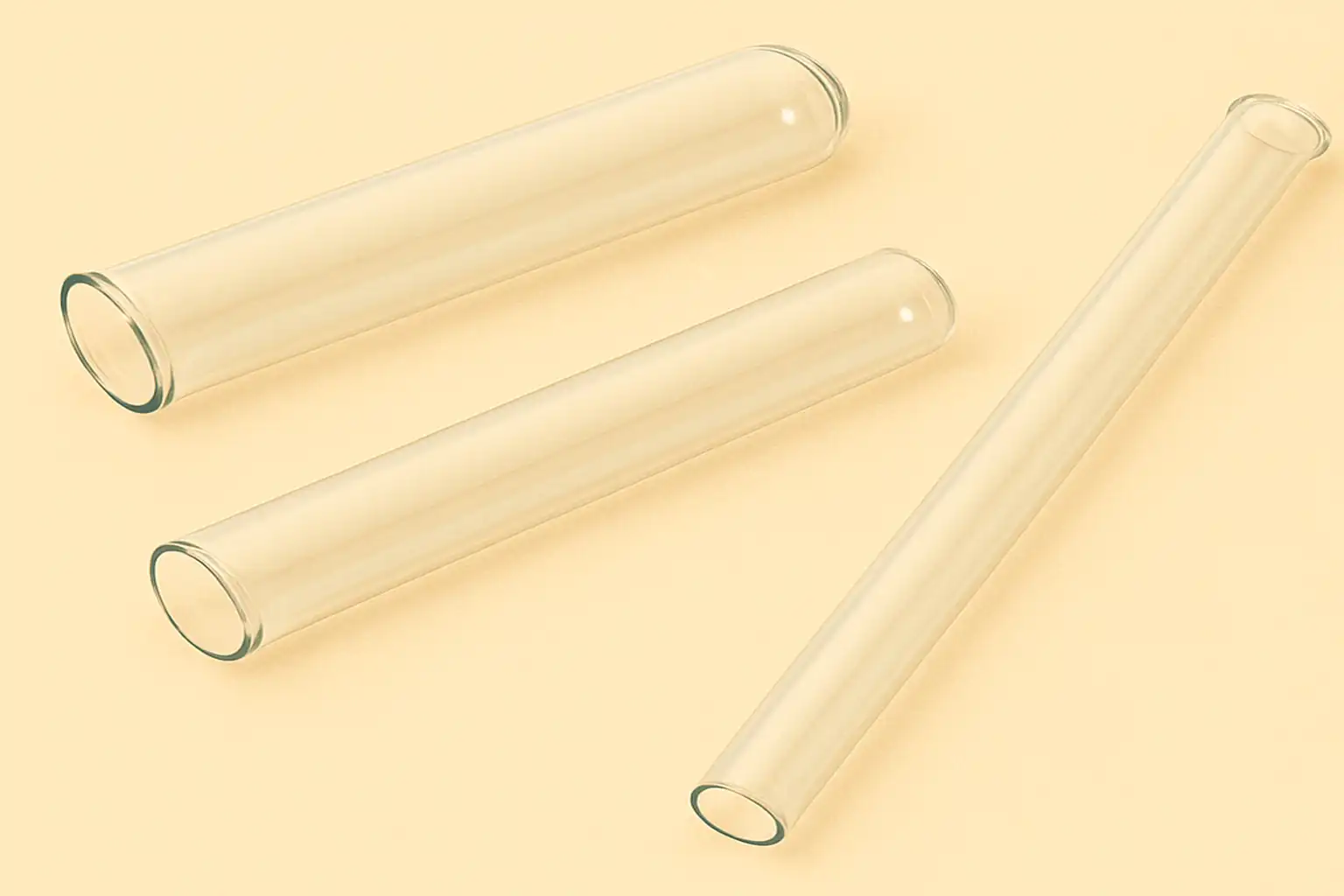
Must be lab-clean; no chemical traces or sealed caps.
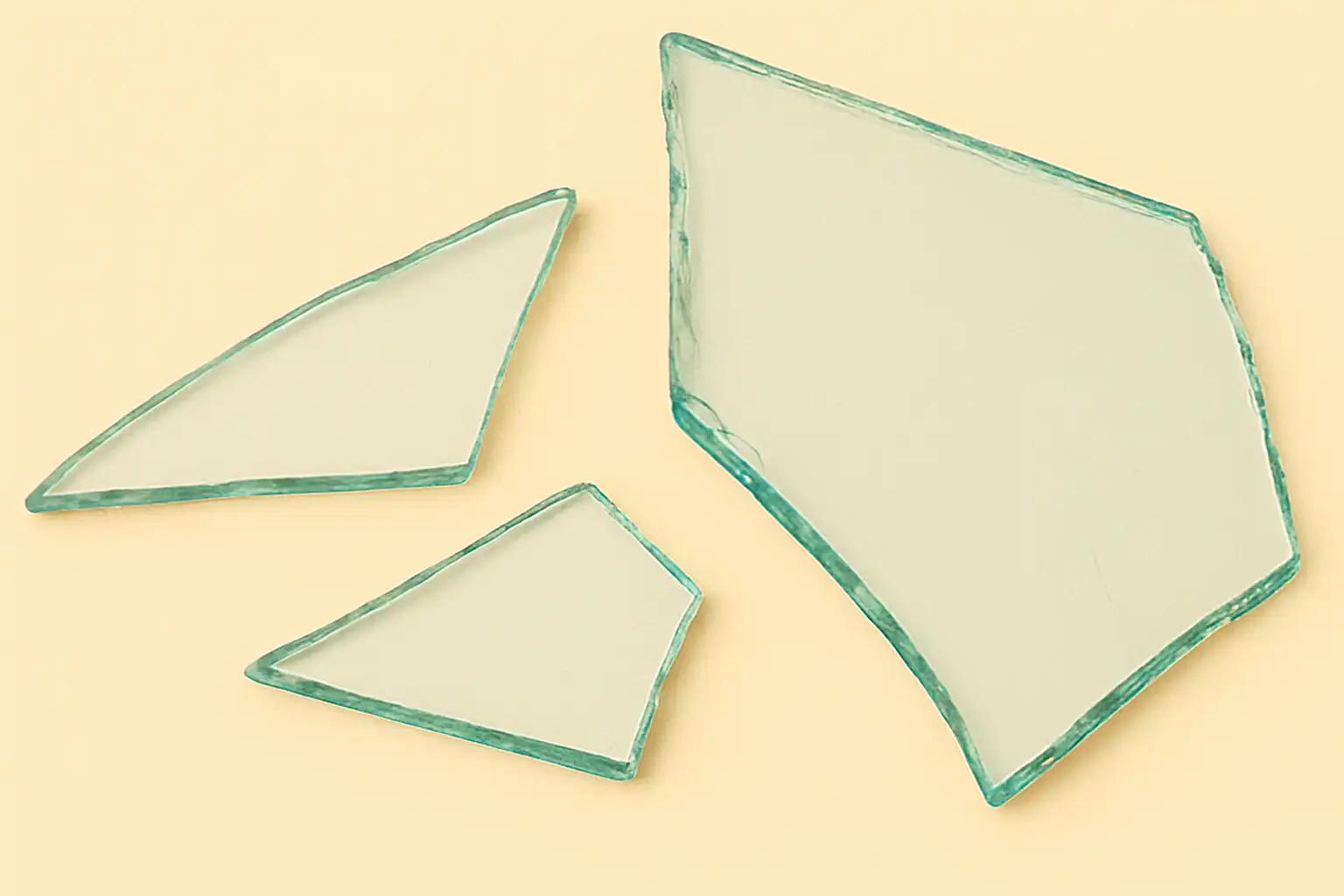
No adhesives or tint; ensure they’re safely wrapped and intact.
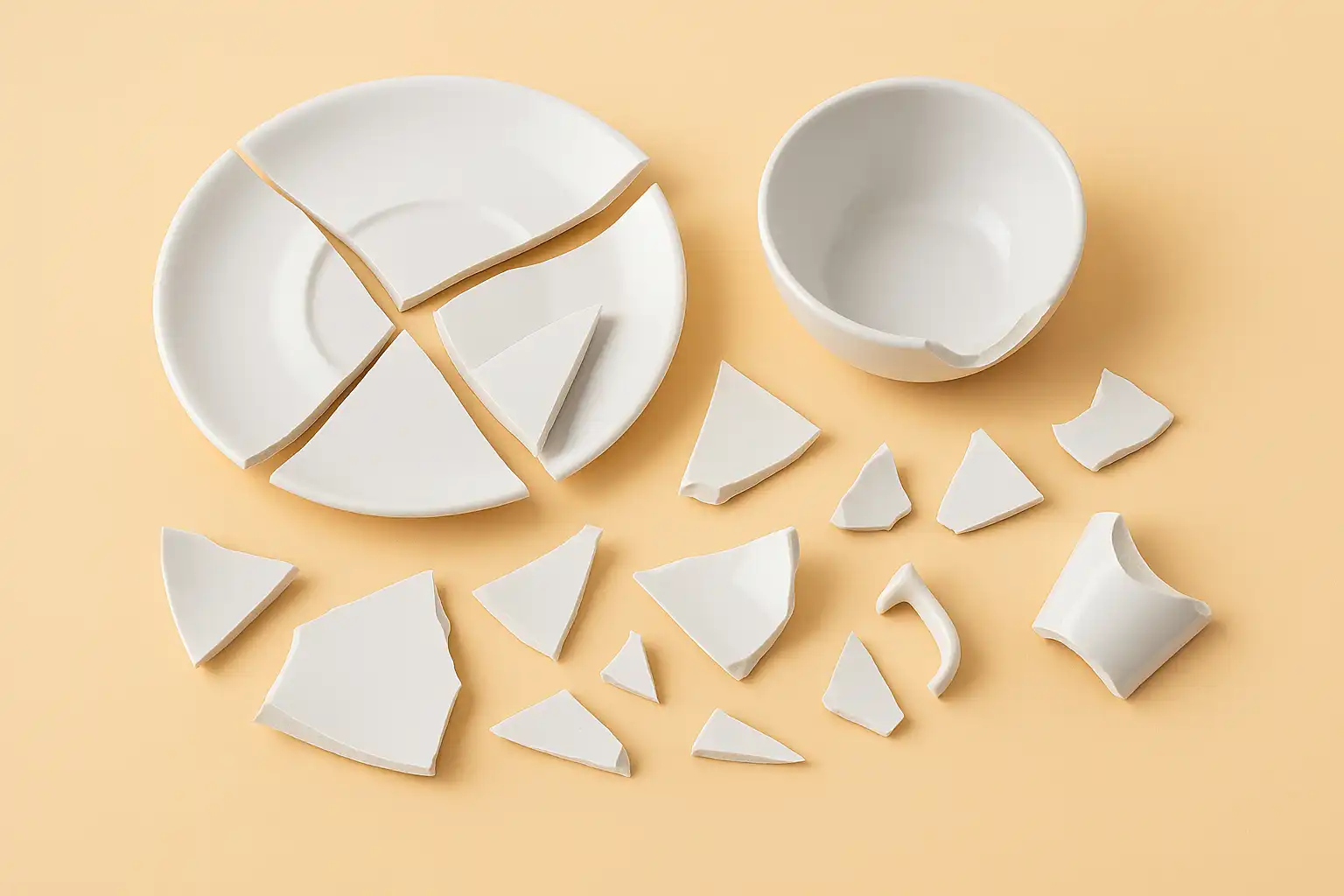
Chips or plates; wrap securely to prevent injury during handling.
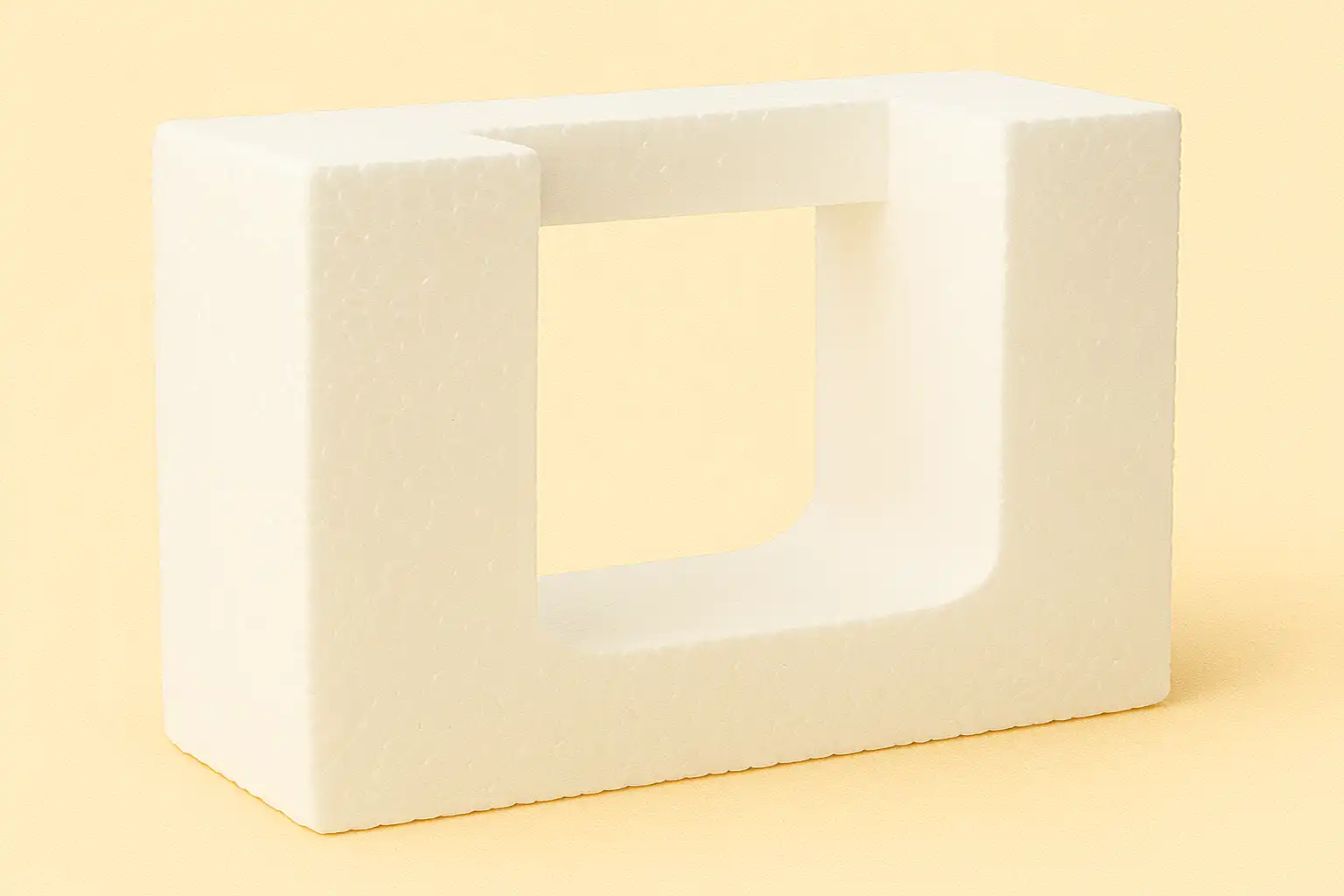
Clean white blocks used in packaging; keep away from food contamination.
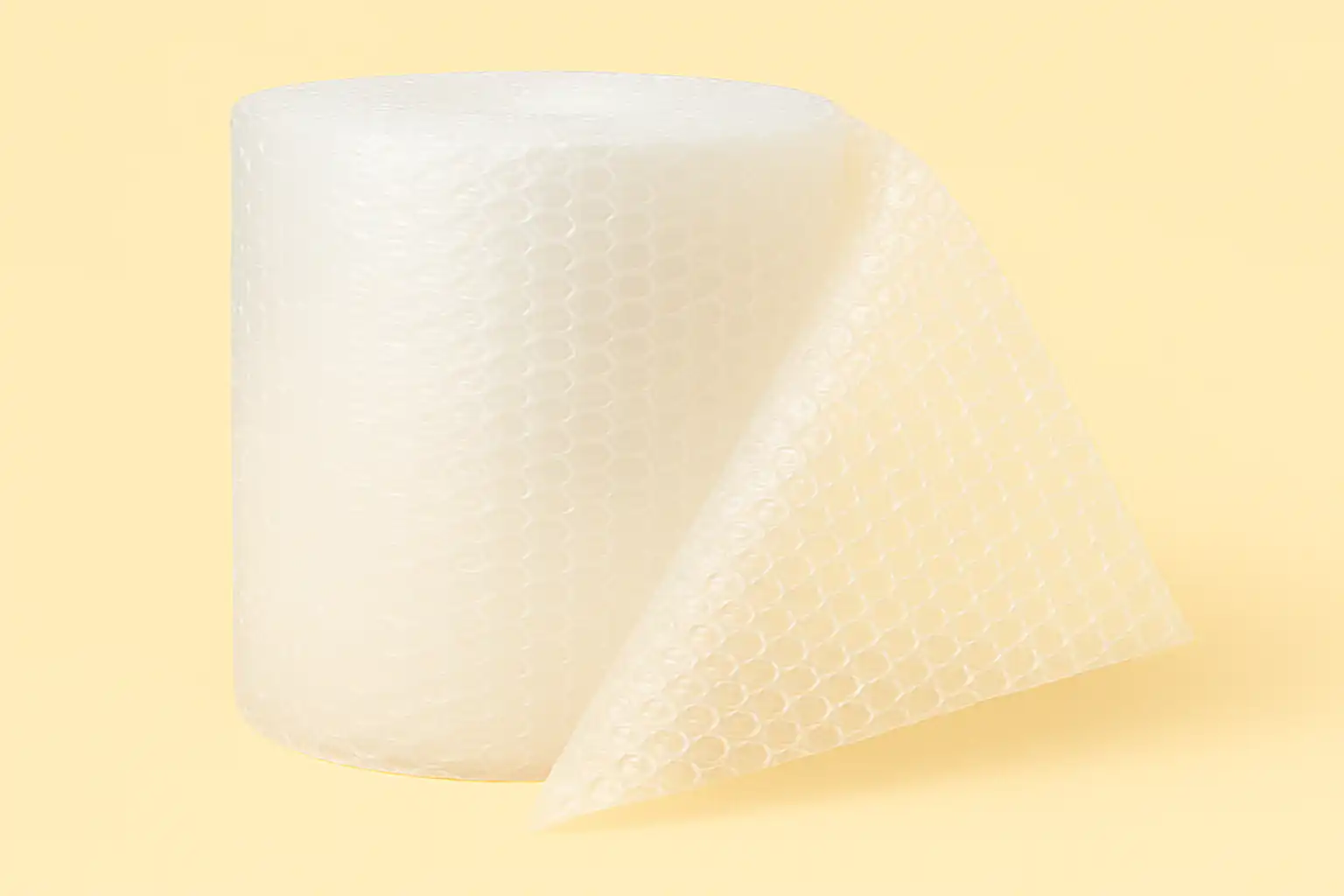
Roll up or fold neatly; dry and used for packing protection.
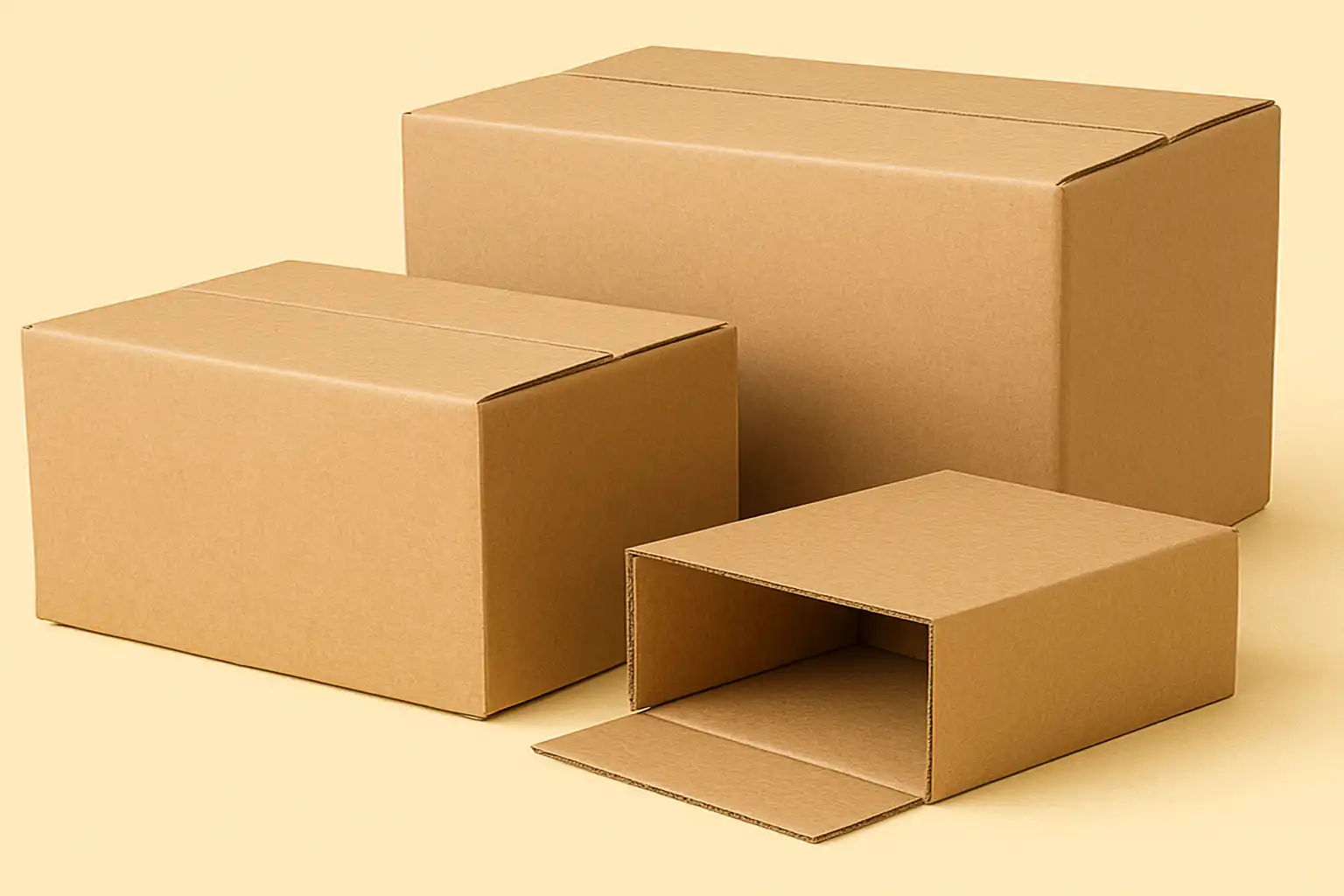
Online order boxes; flatten, stack, and remove any plastic tapes.
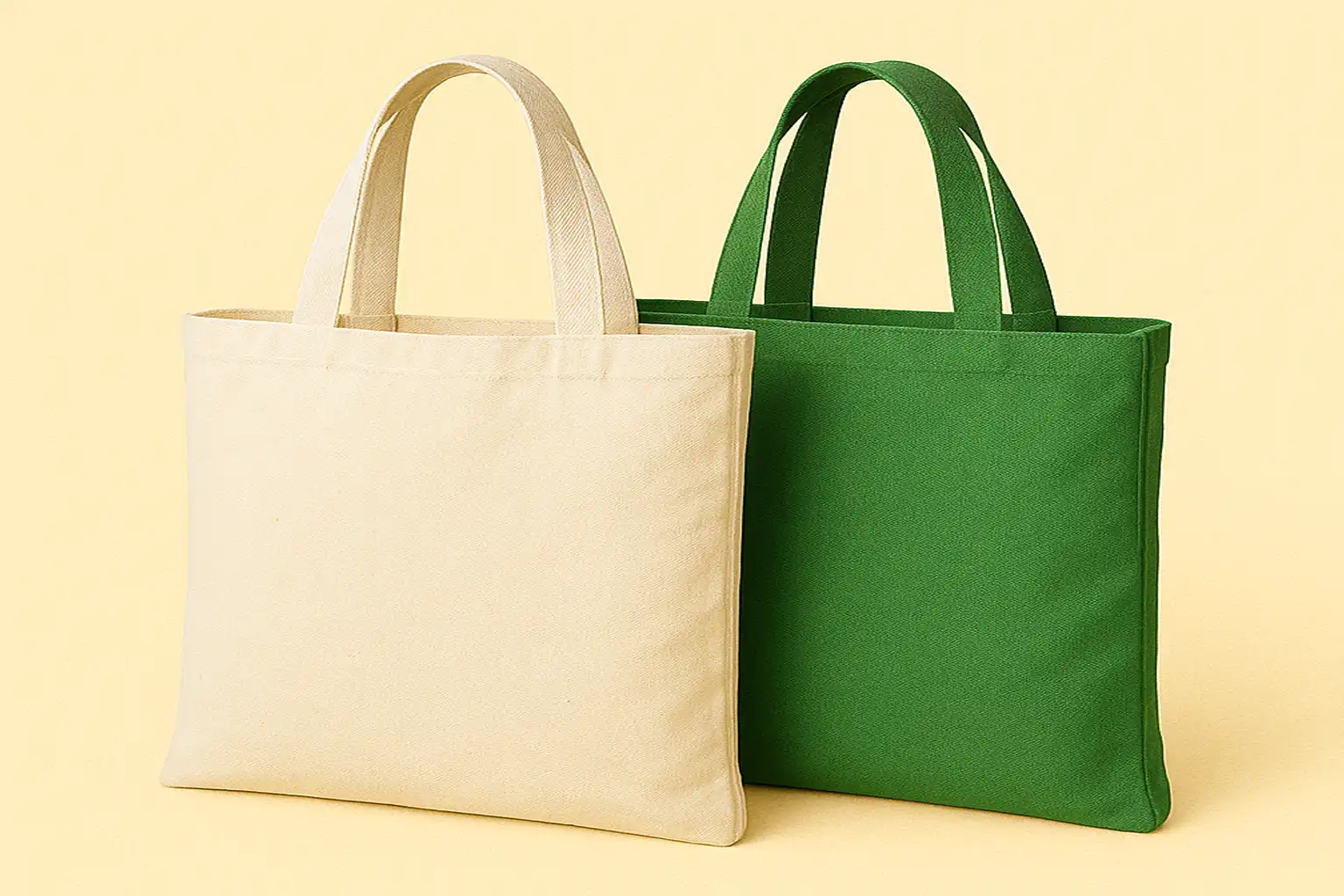
Torn but clean fabric bags; pack with textiles or separately.
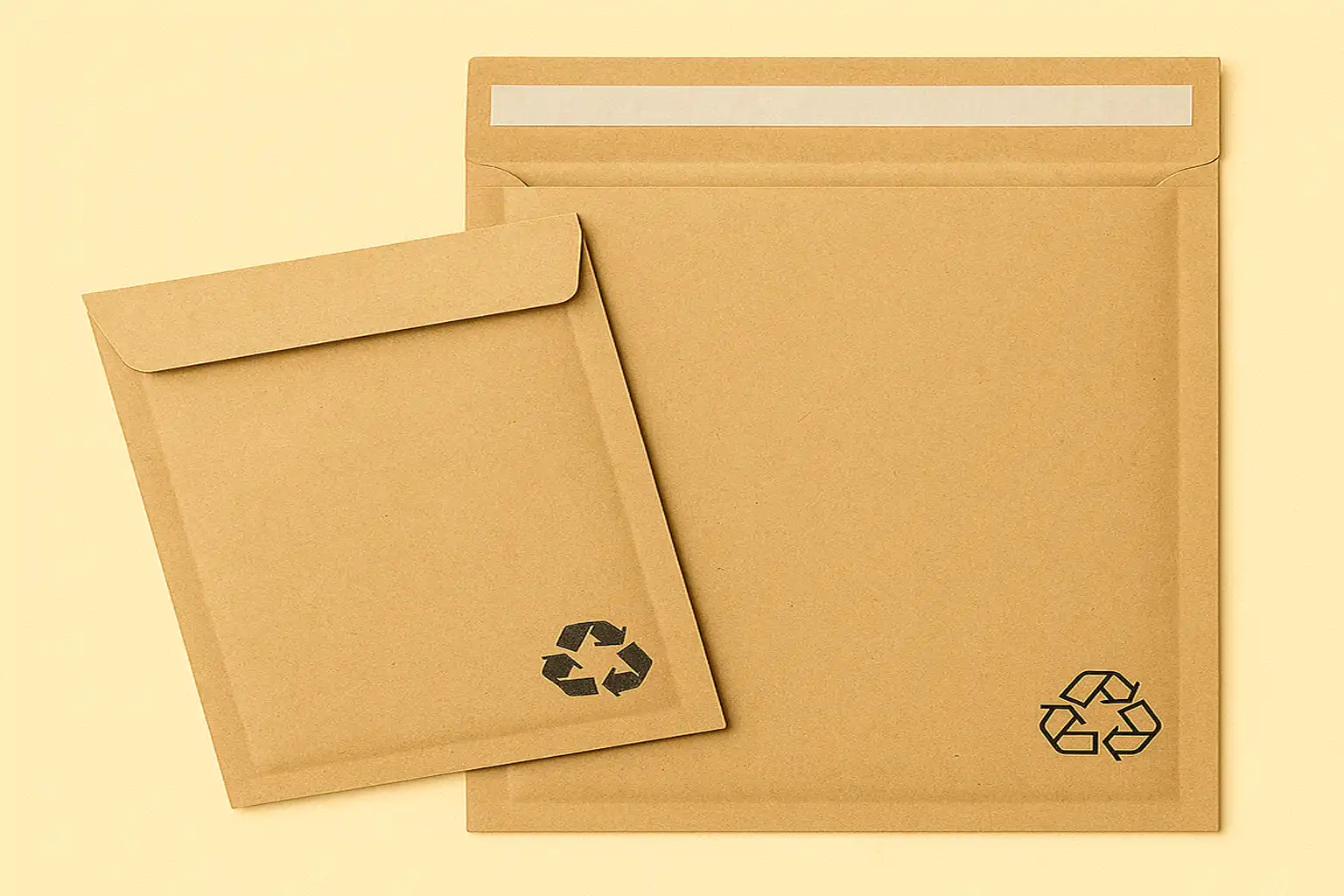
Paper or cloth-based courier sleeves; no plastic-padded or laminated versions.
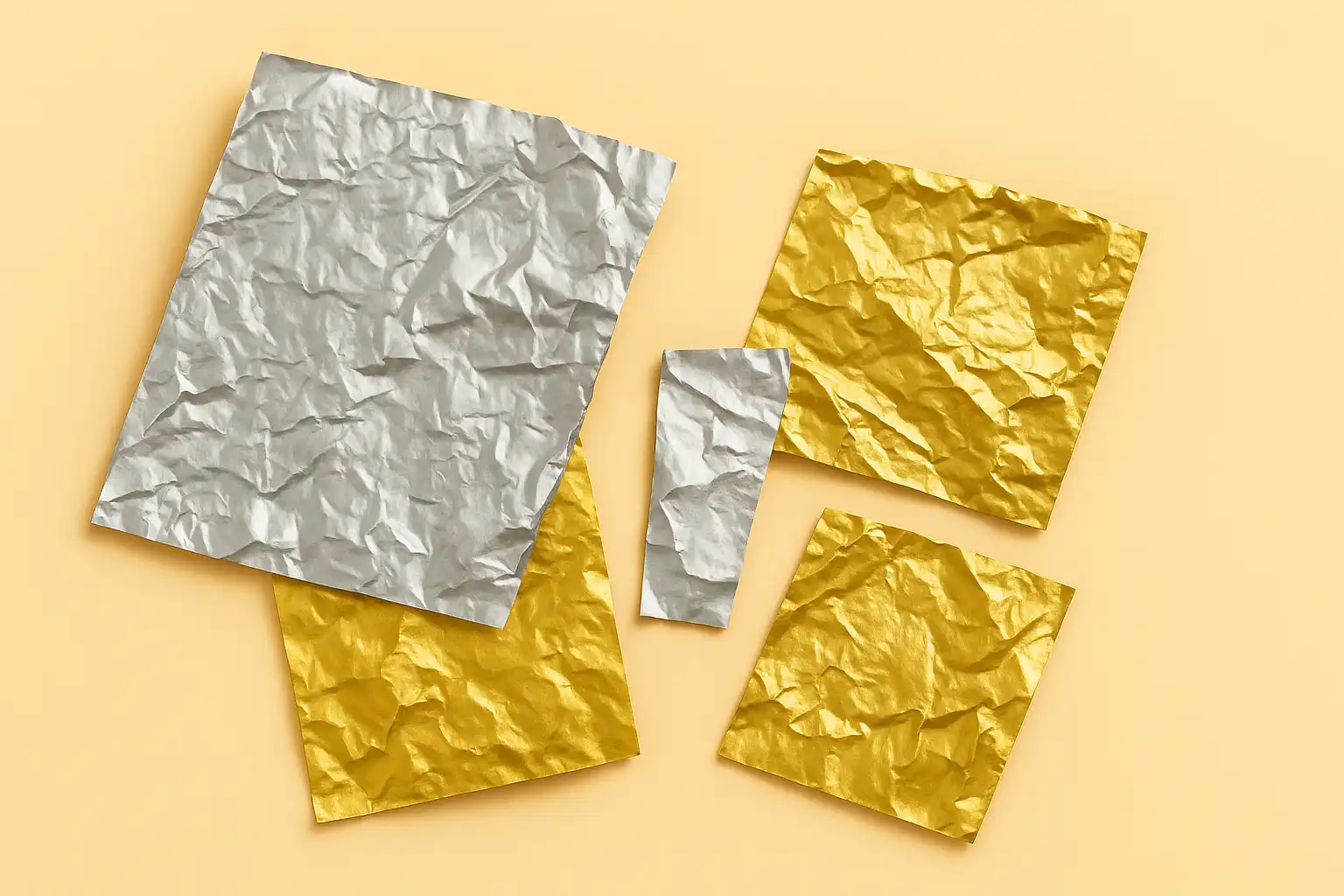
Wraps from electronics or gifts; oil-free and folded tight.
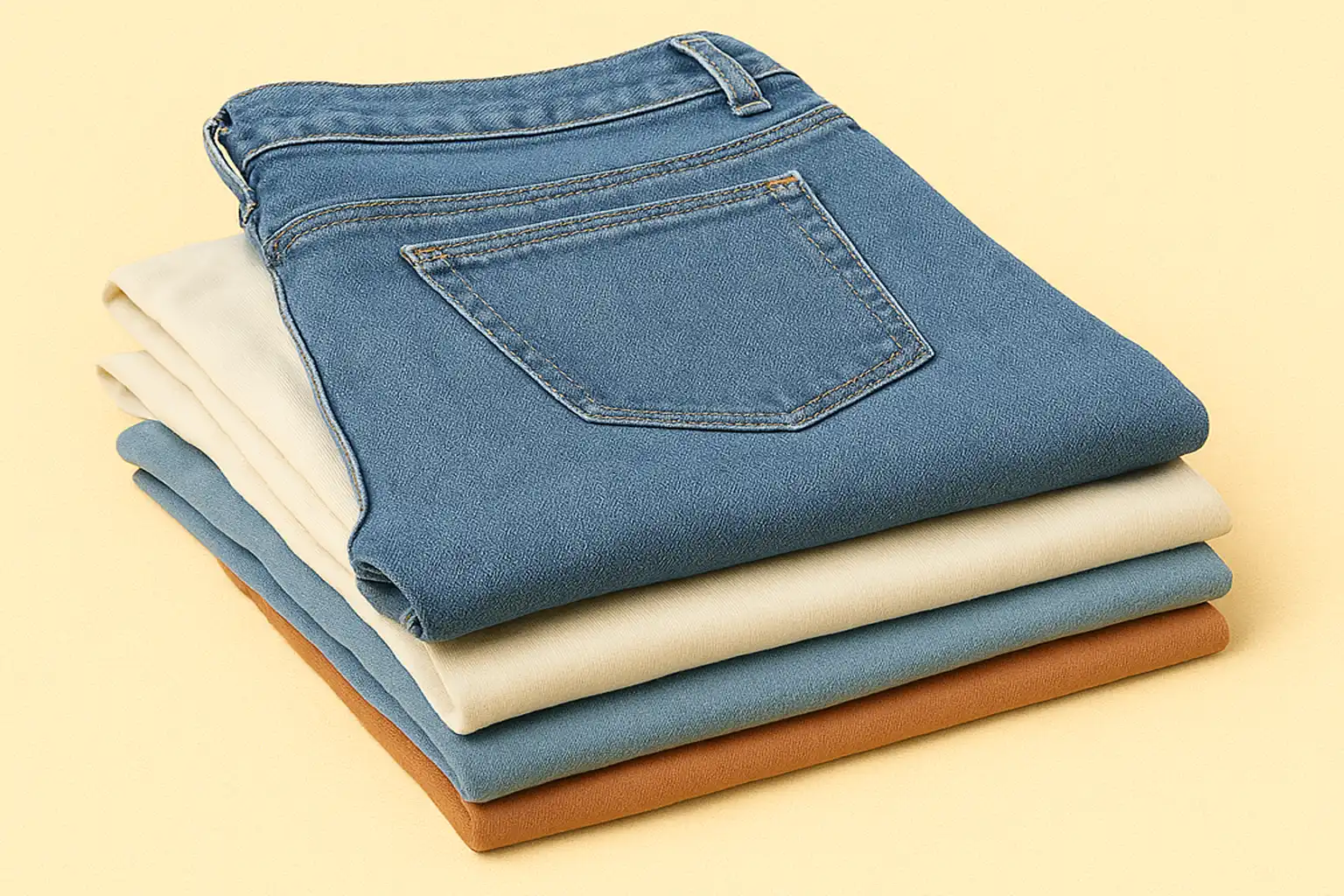
Washed, dry clothing; avoid undergarments or heavily stained items.
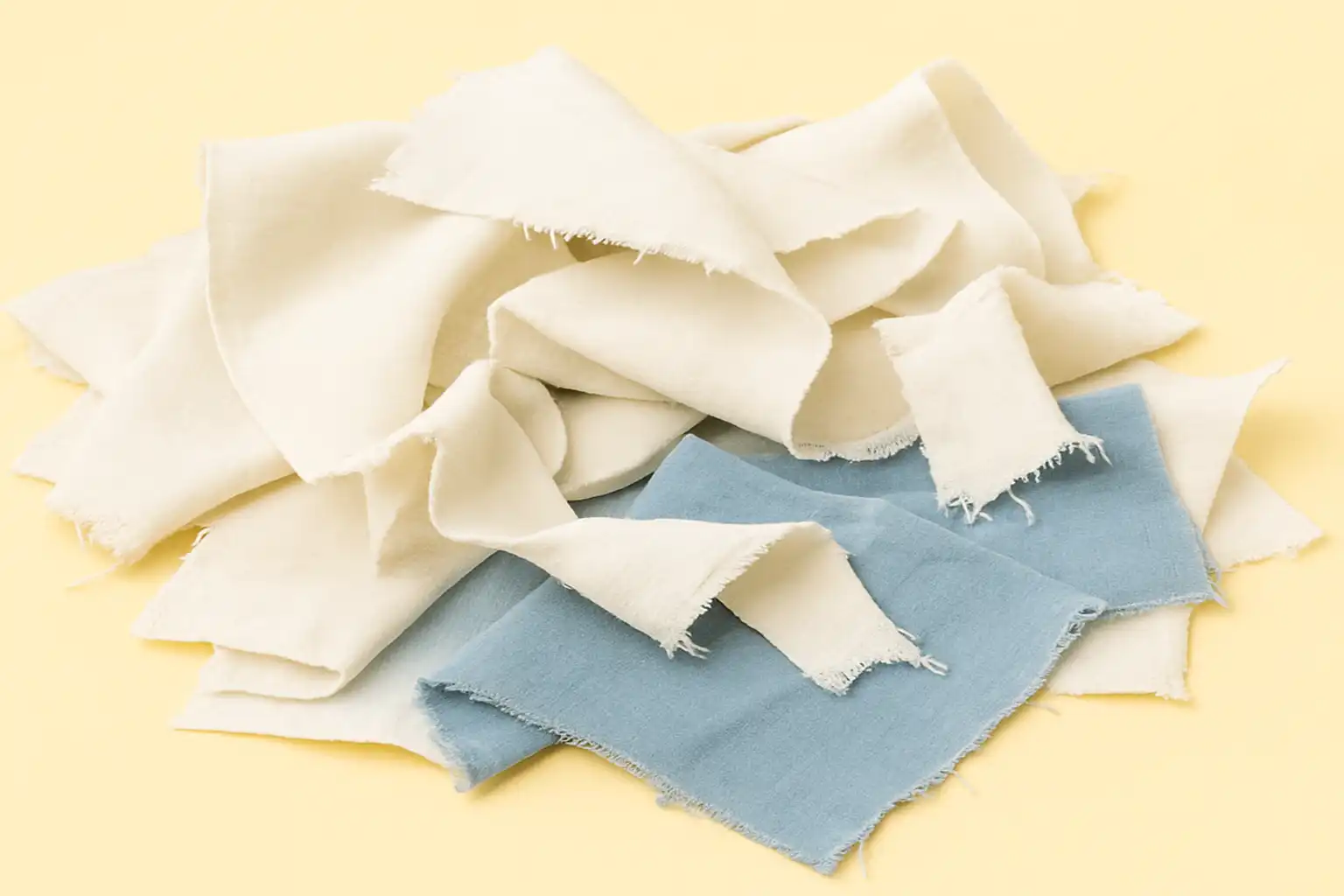
Sewing leftovers, sorted by colour if possible; tie in bundles.
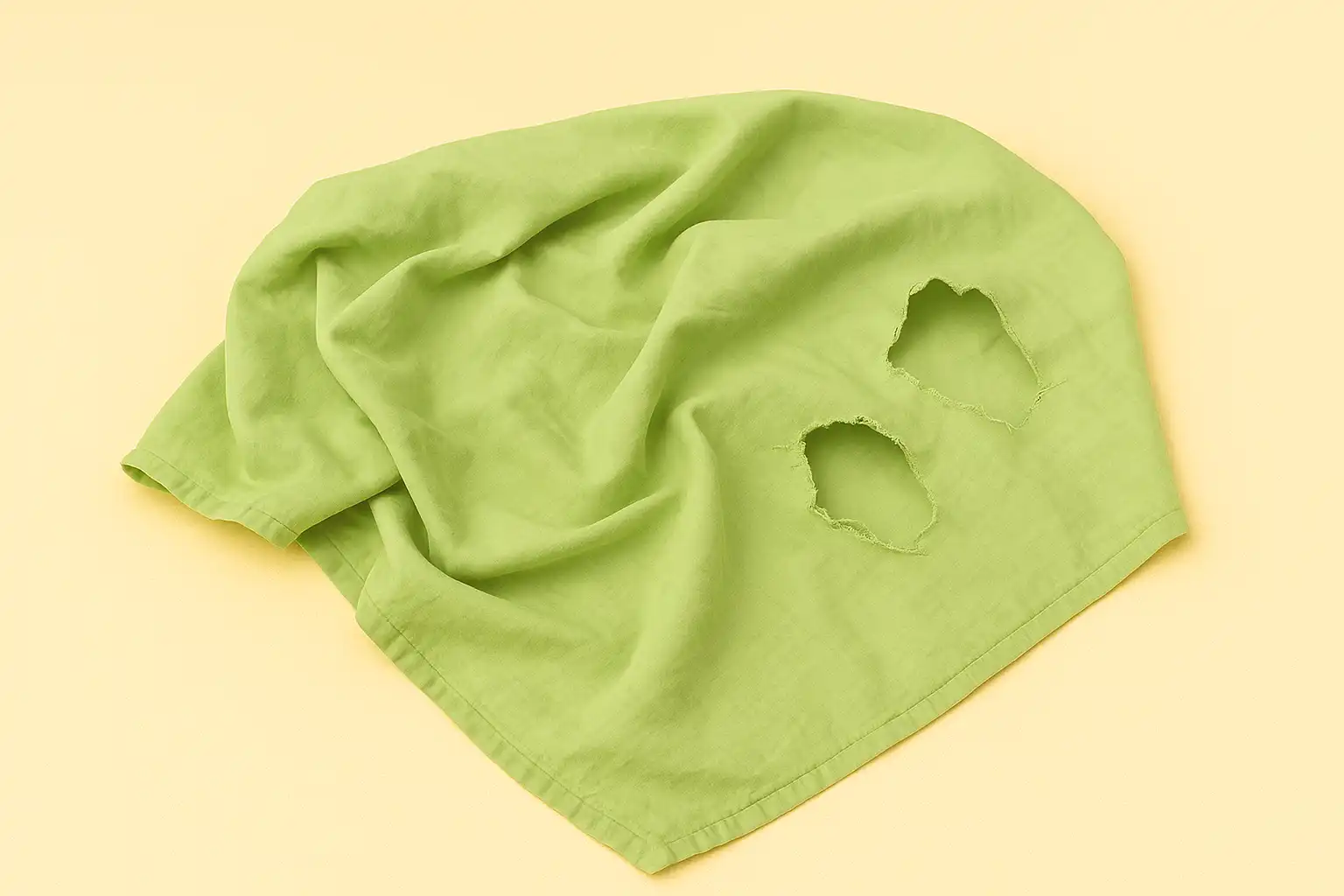
Cleaned, folded fabric; even torn pieces are recyclable.
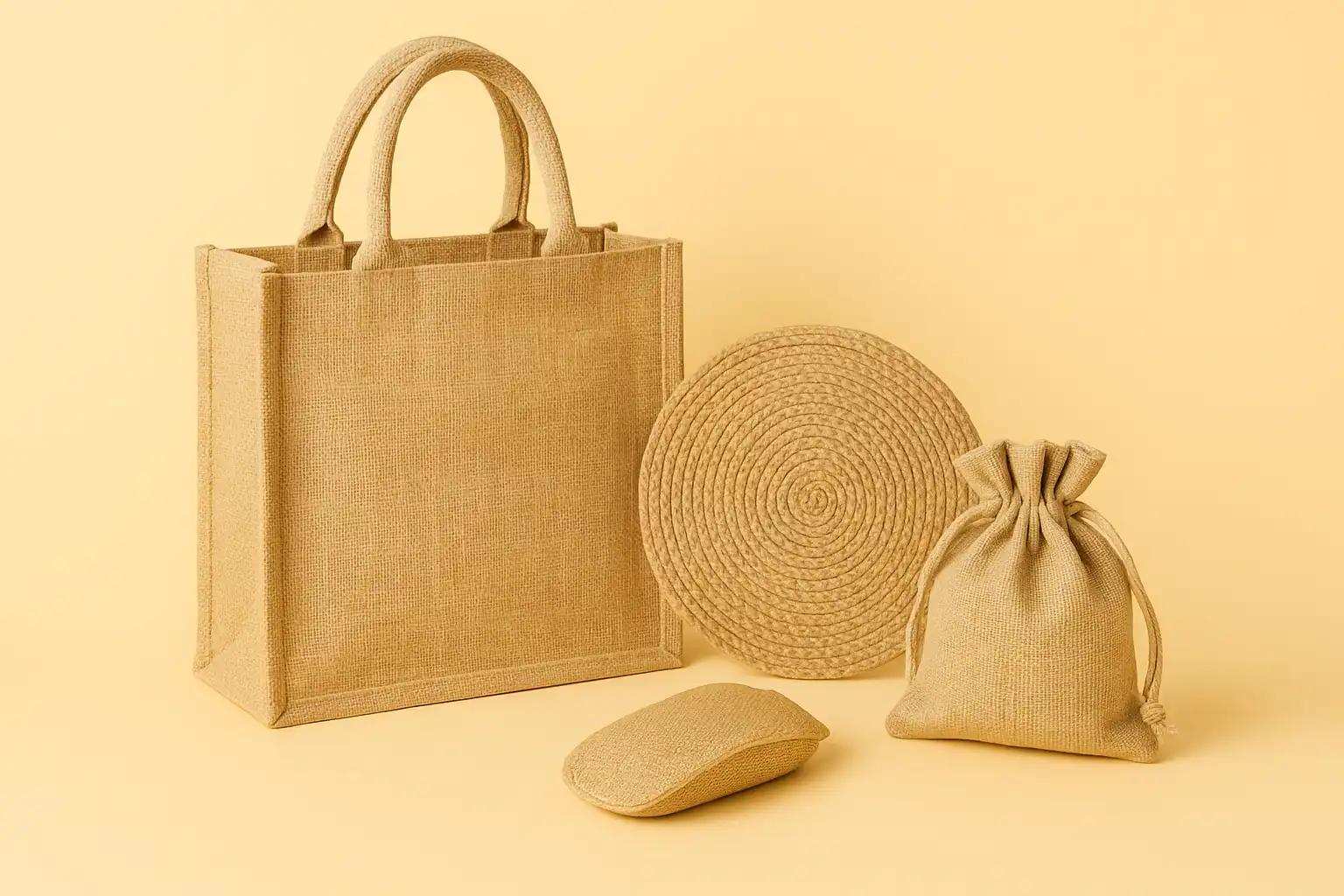
Reusable but worn natural fiber products; remove handles if plastic.
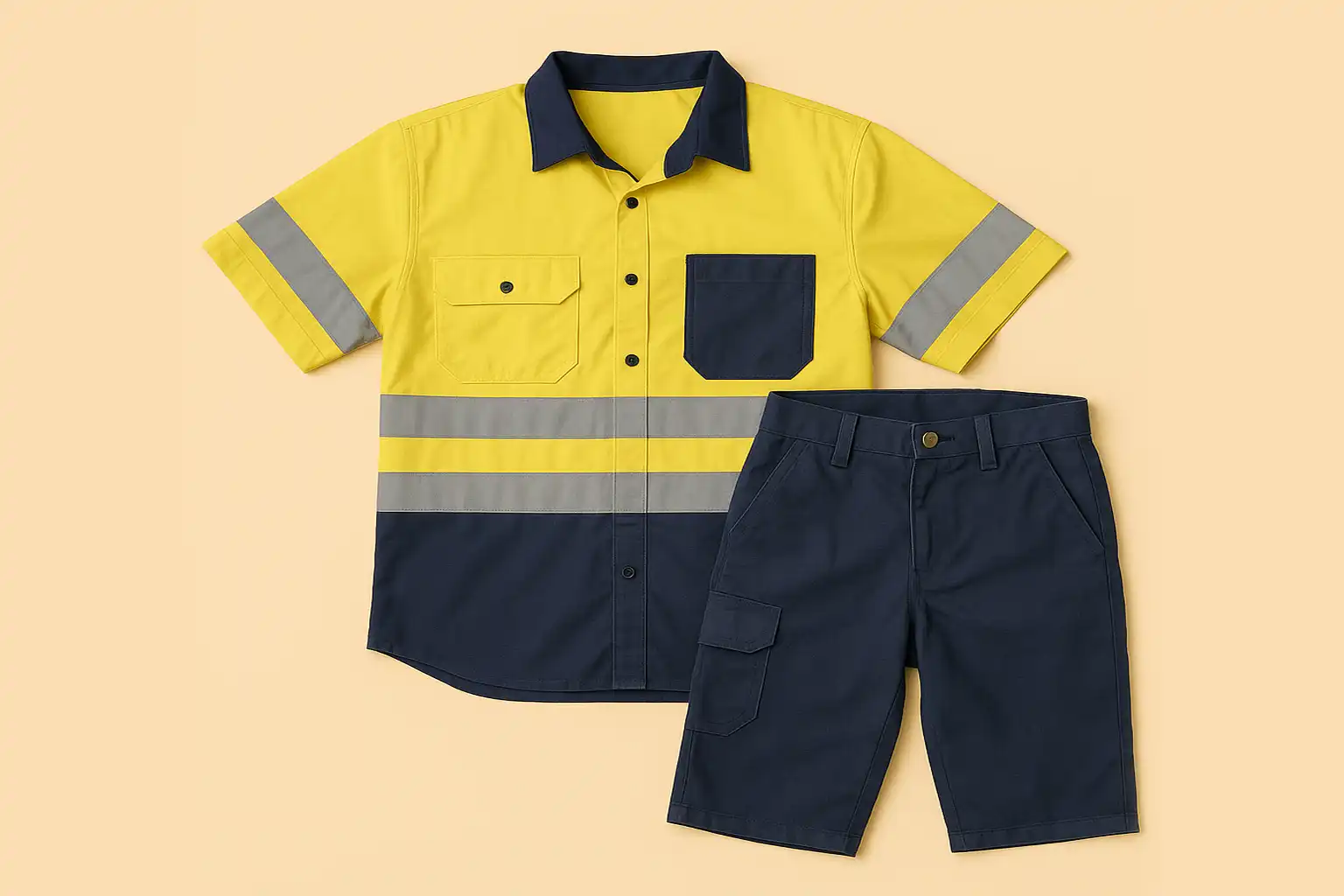
Ensure garments are clean; no oil or paint stains; fold and pack properly.
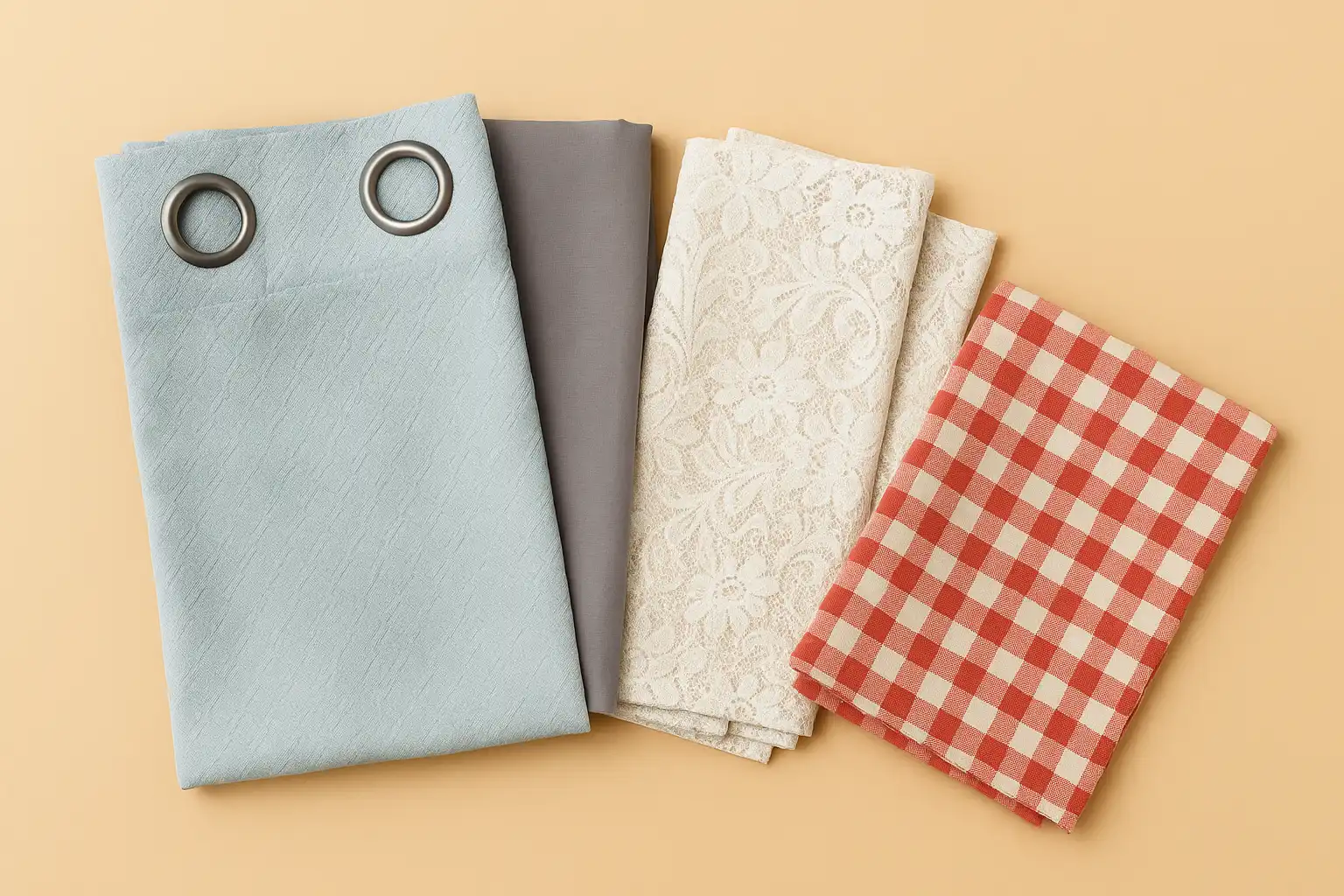
Fabric items past use; neatly folded and labelled optional.
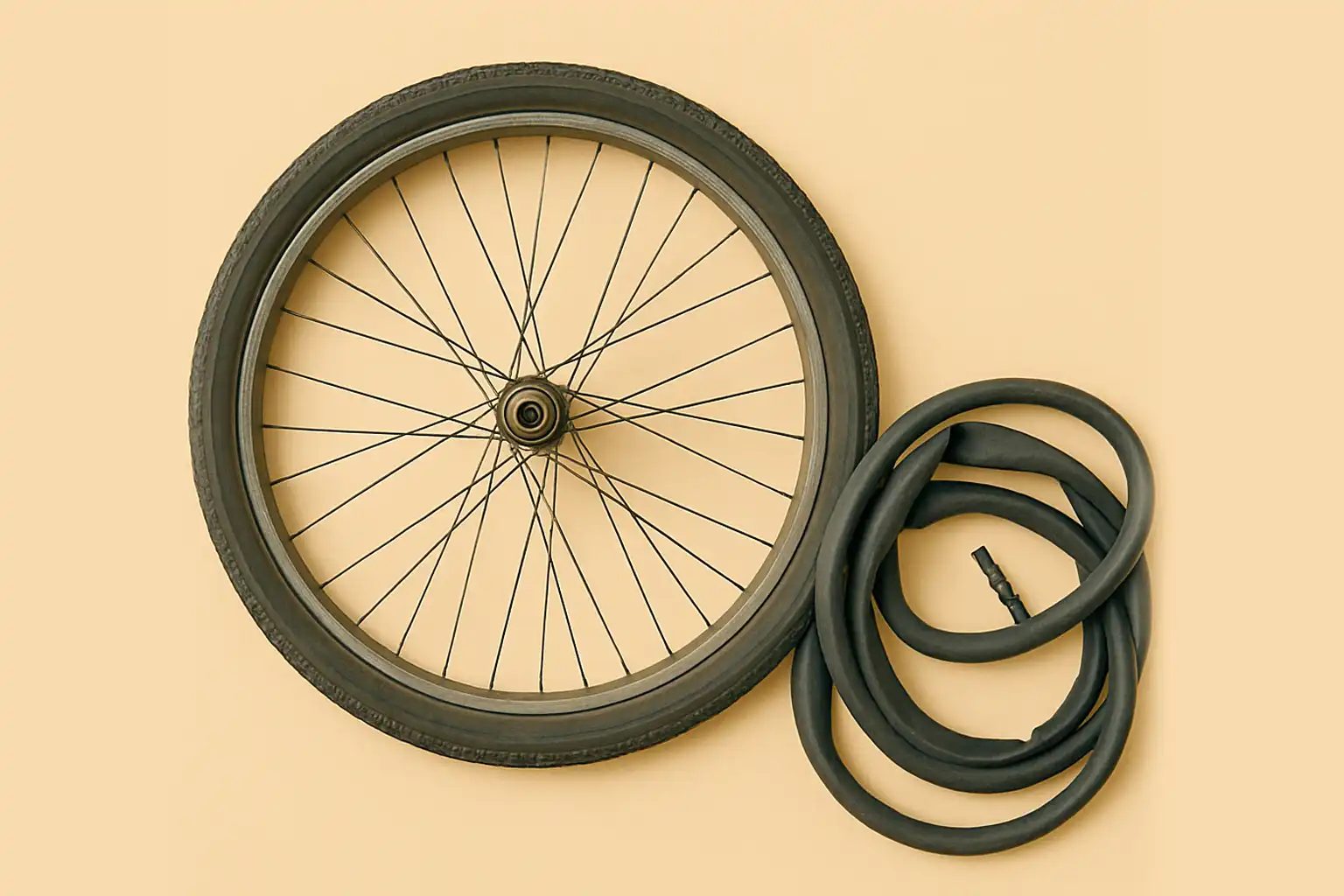
Dry and clean; deflate and tie for easy handling.
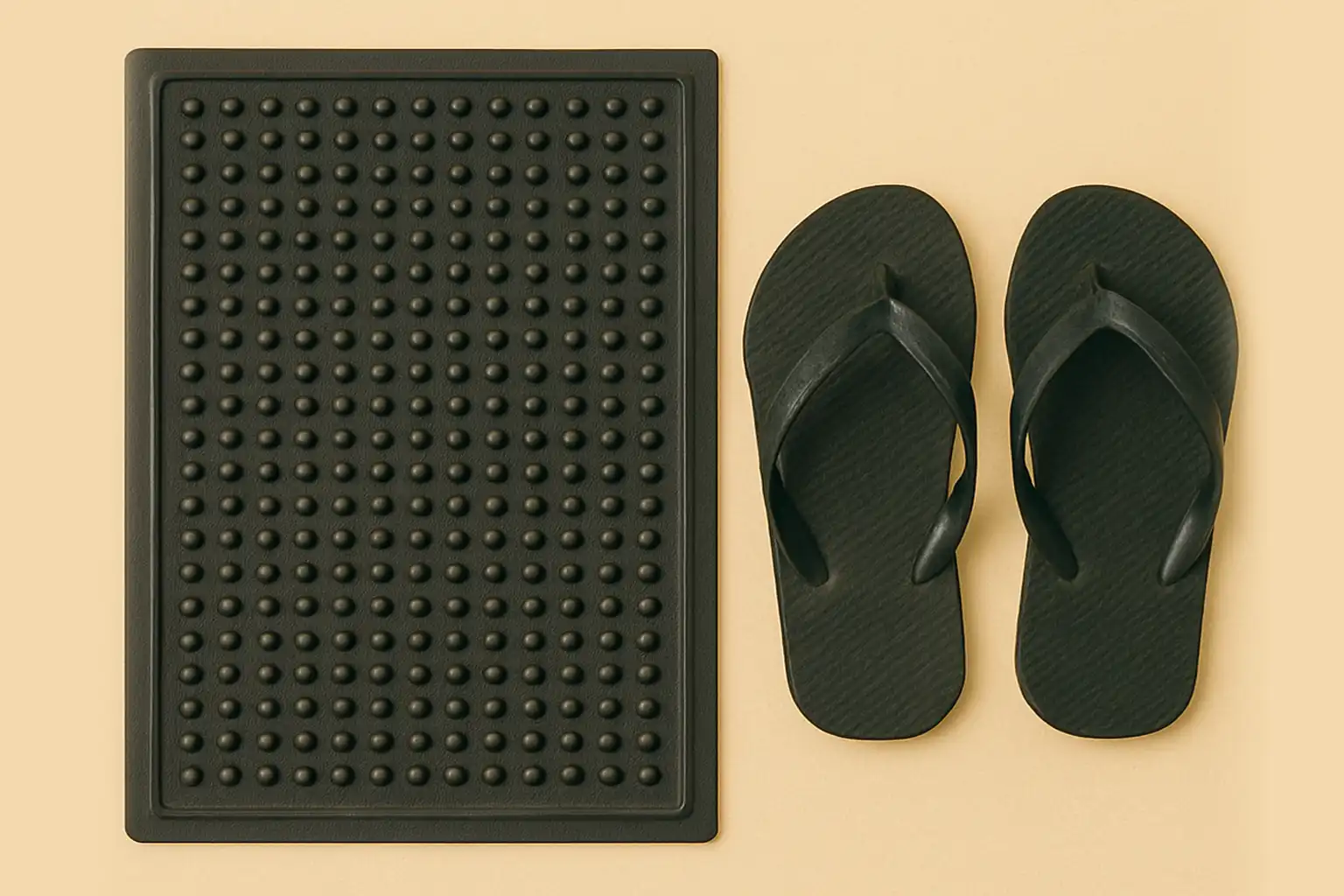
Non-slippery, reusable rubber or broken slippers; cleaned before drop-off.
Non-toxic, food-grade silicone; ensure washed and residue-free.
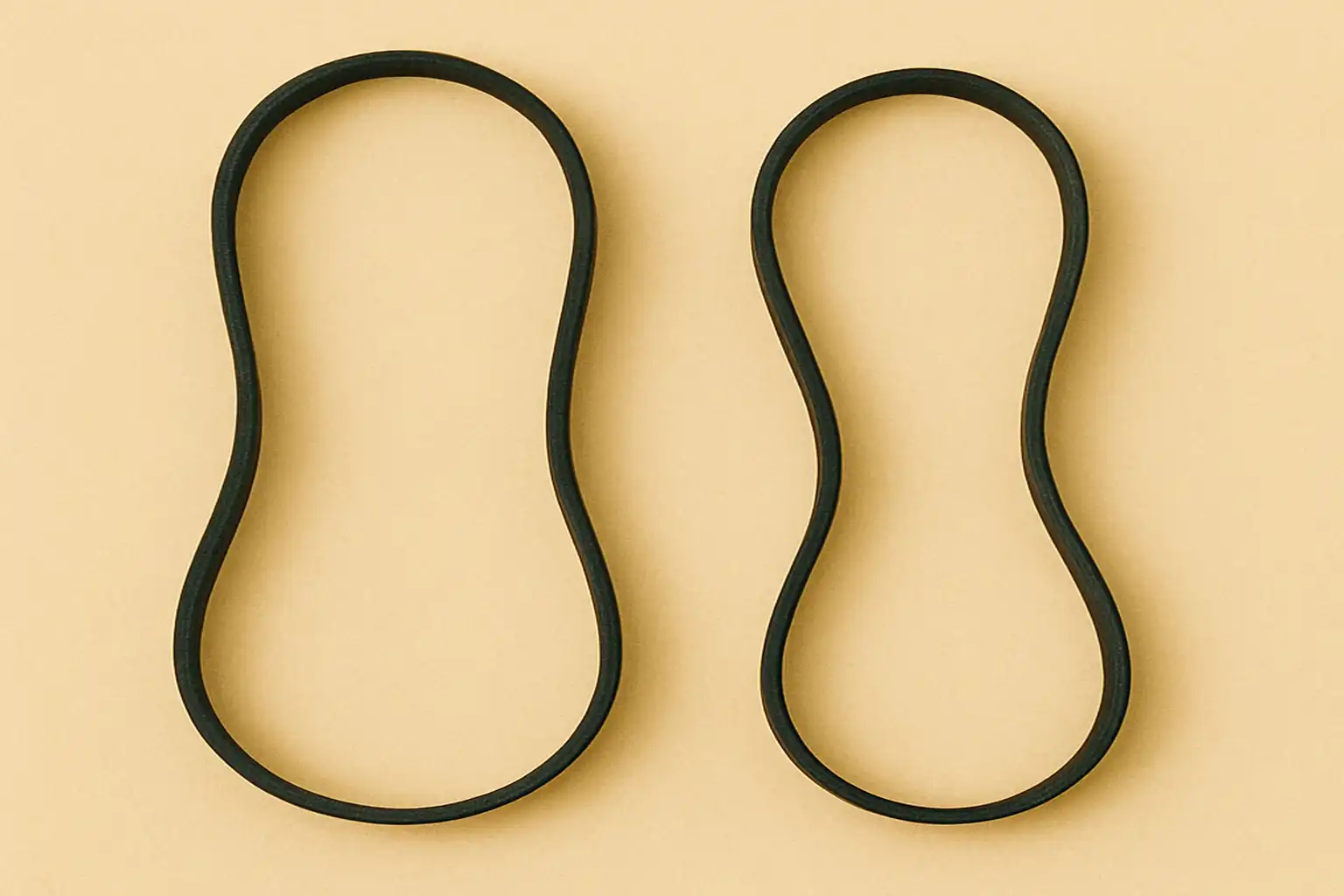
Non-toxic, food-grade silicone; ensure washed and residue-free.
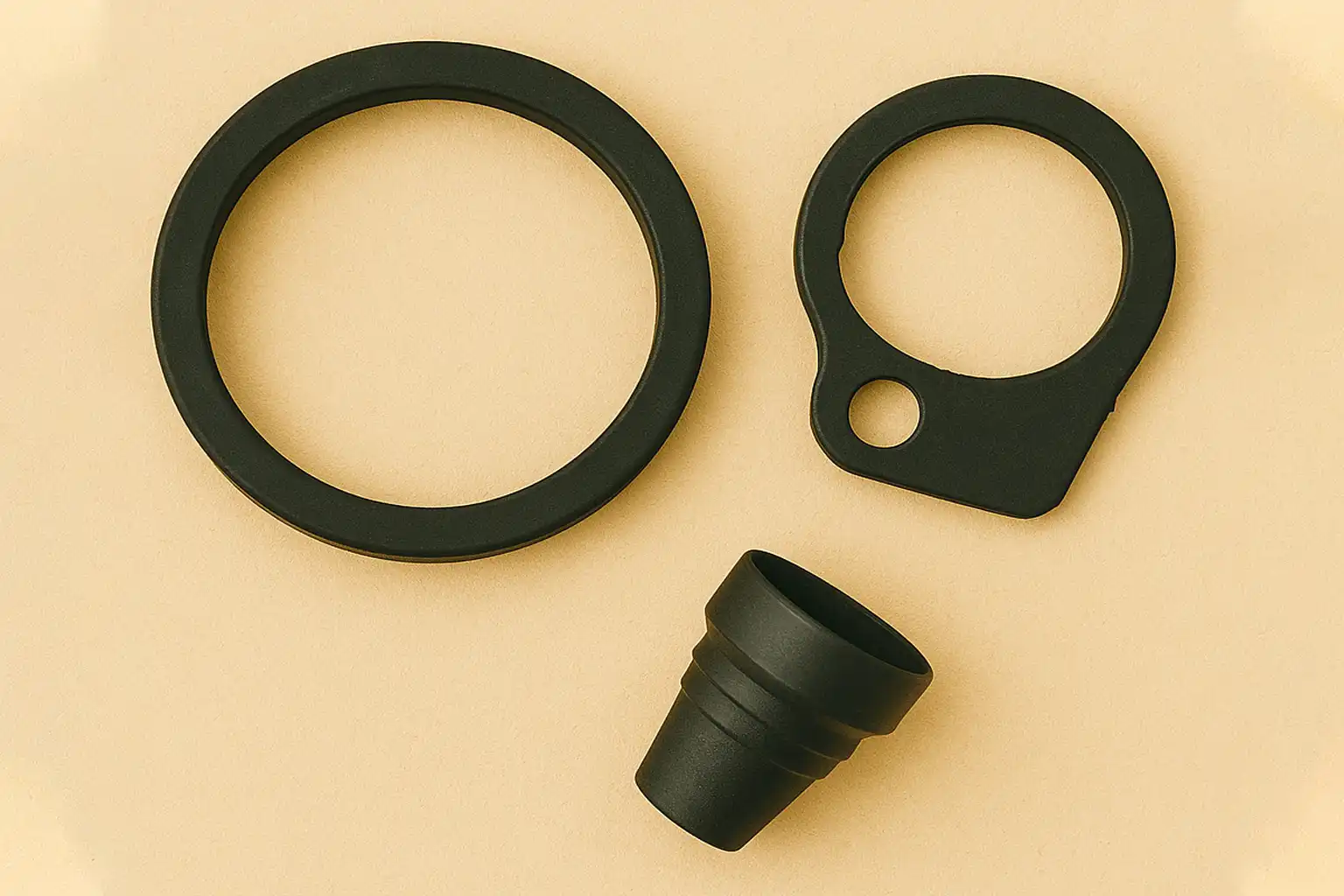
Gaskets, insulations; remove metal attachments if applicable.
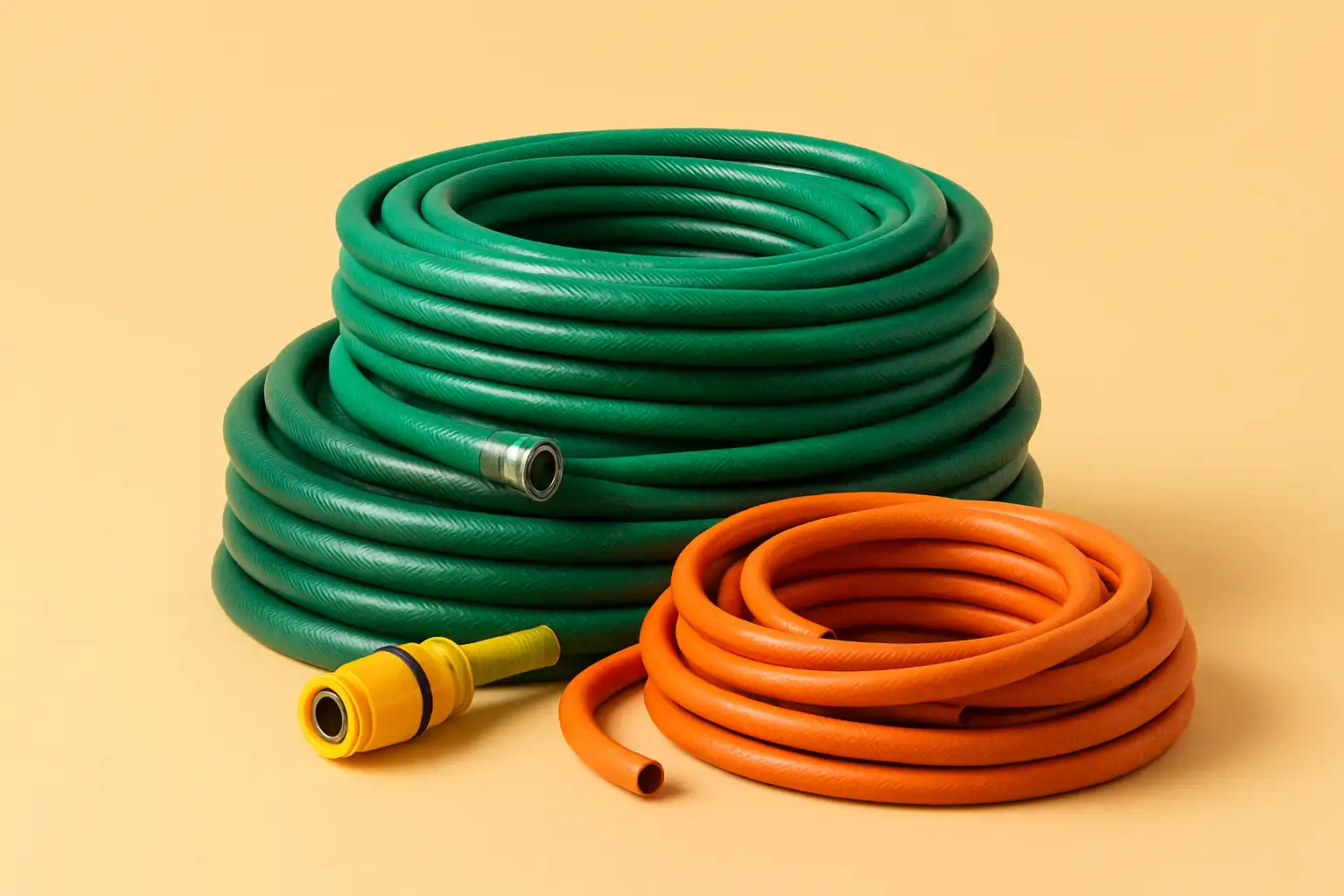
No water; cut into manageable lengths before bundling.
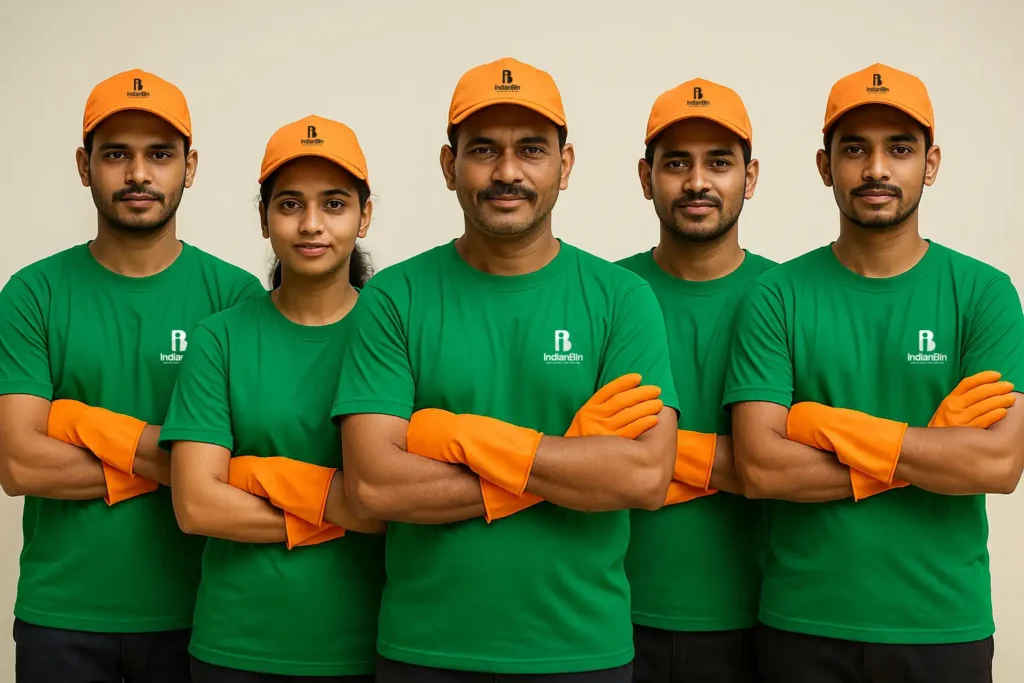
Understanding the types of recyclable waste in India and practicing proper segregation is the first and most impactful step toward building a responsible waste management culture. At Indian Bin, we actively promote clear scrap segregation in Kerala through educational tools, app-based guides, and on-ground workshops. Whether you’re managing waste at home or handling bulk dry waste at your workplace, knowing what waste is accepted by Indian Bin helps you make daily, conscious, and sustainable choices. Our goal is to inspire a shift in mindset—from seeing waste as a burden to recognizing it as a resource with value. Join us in building a cleaner, greener India—one well-sorted item at a time.